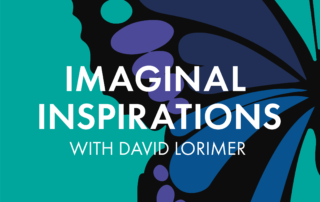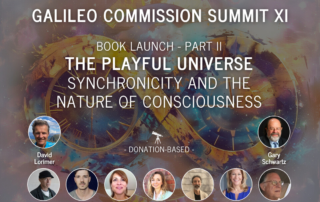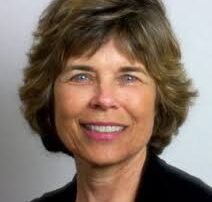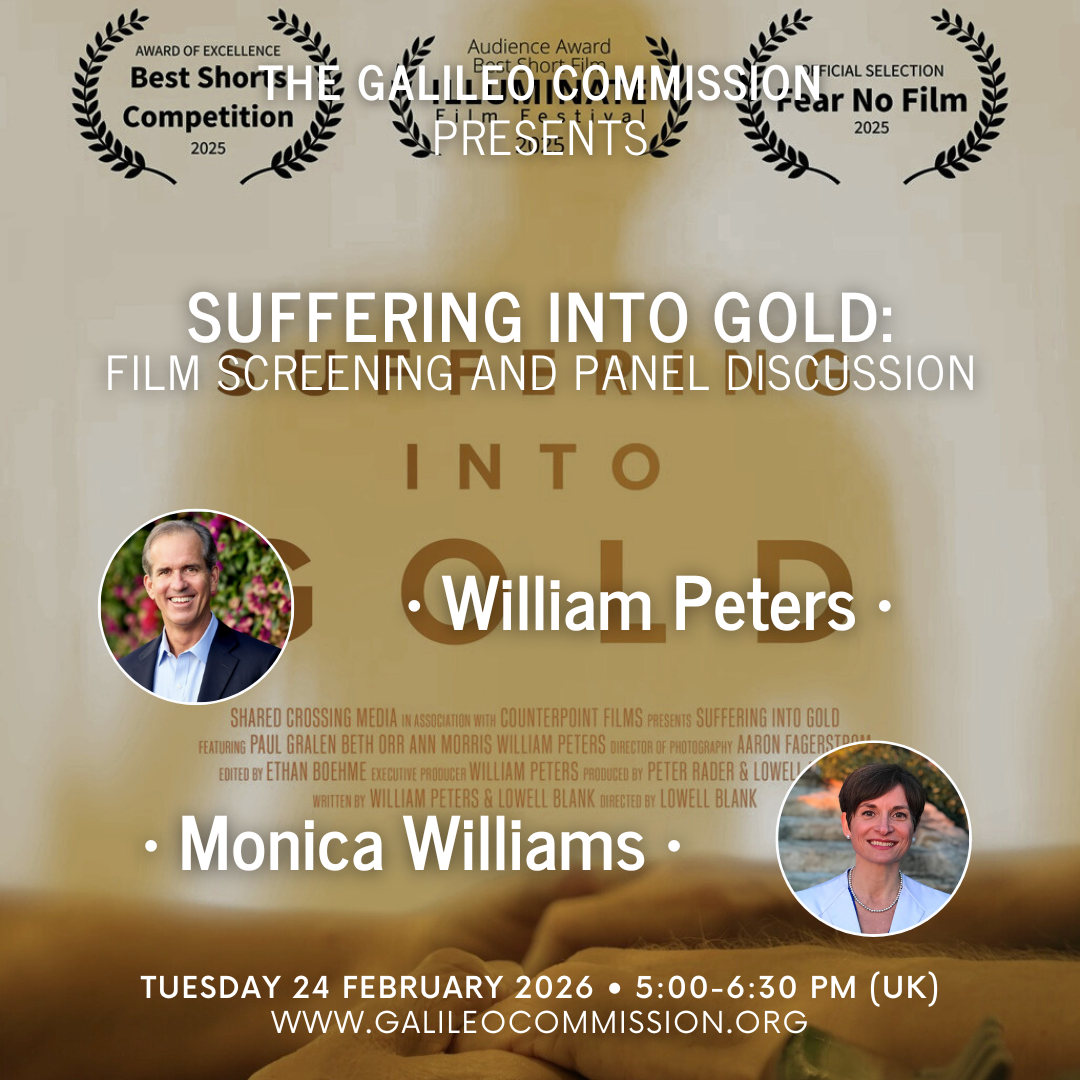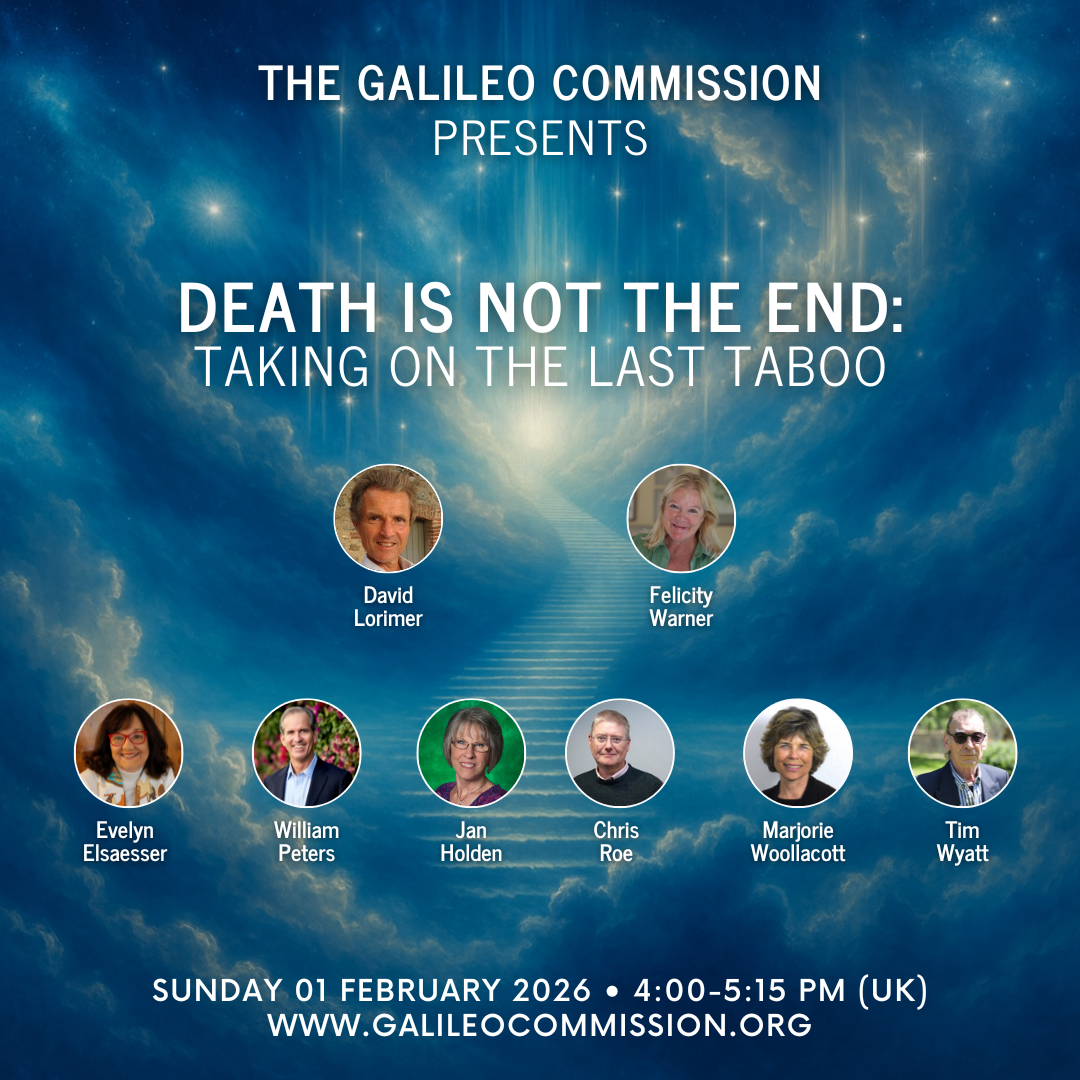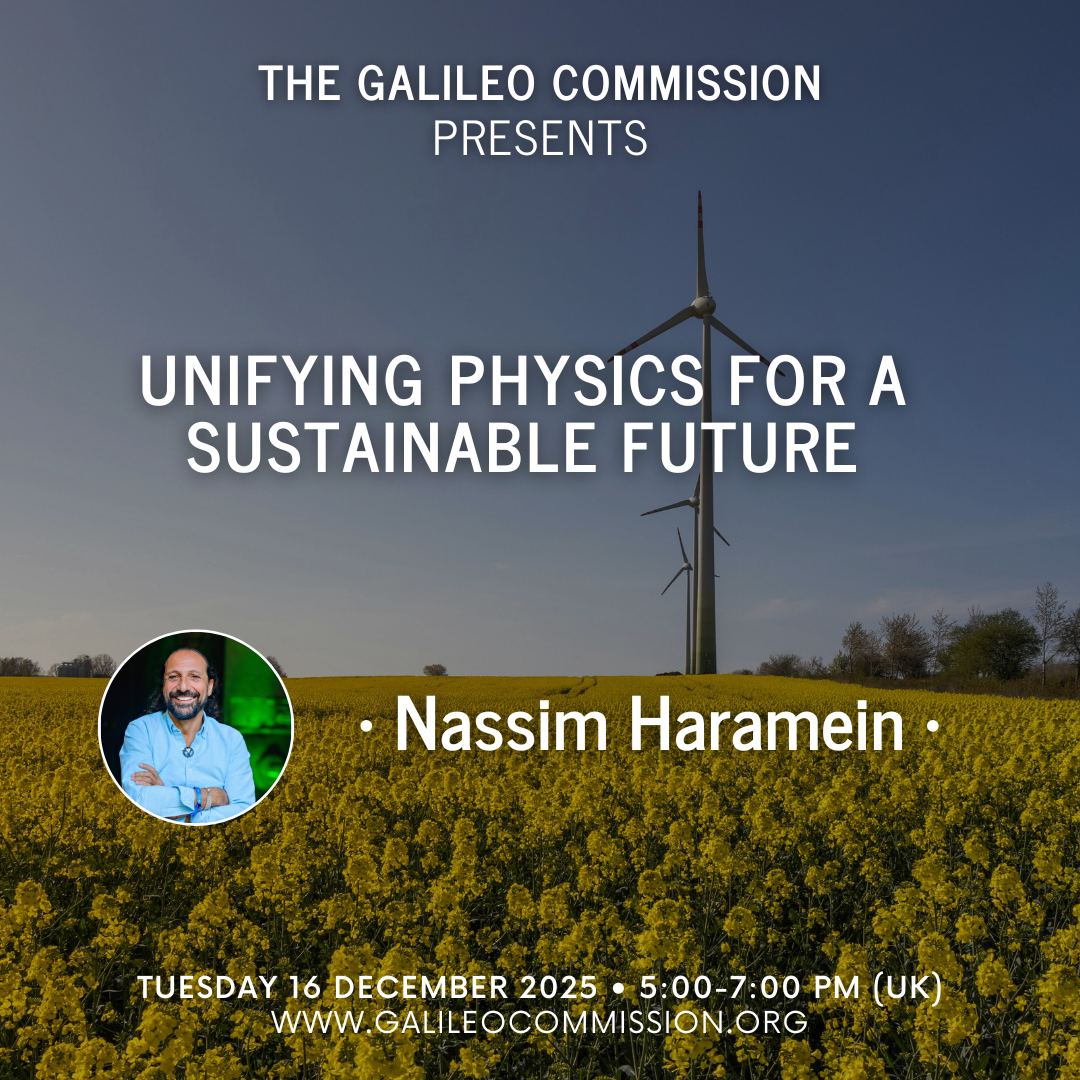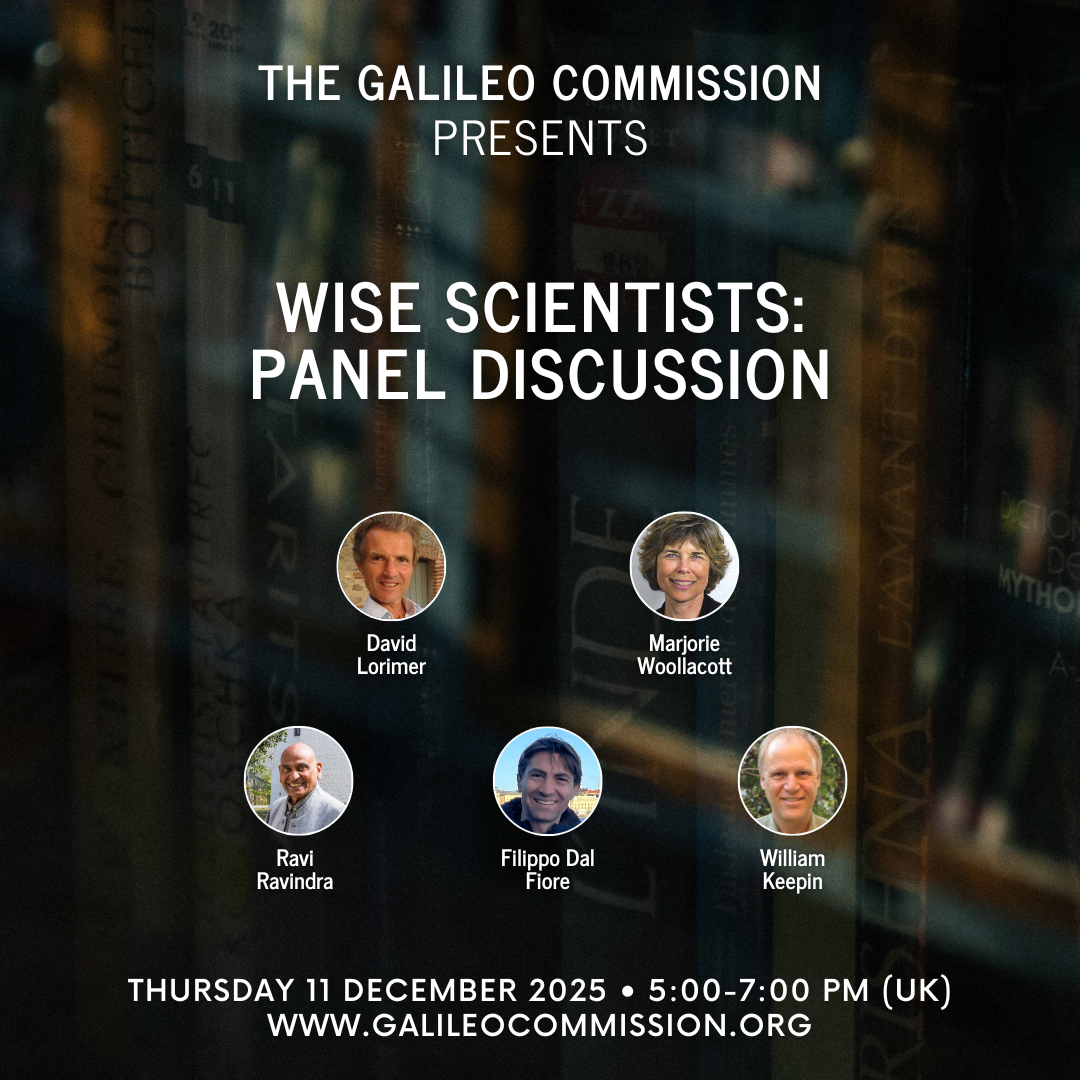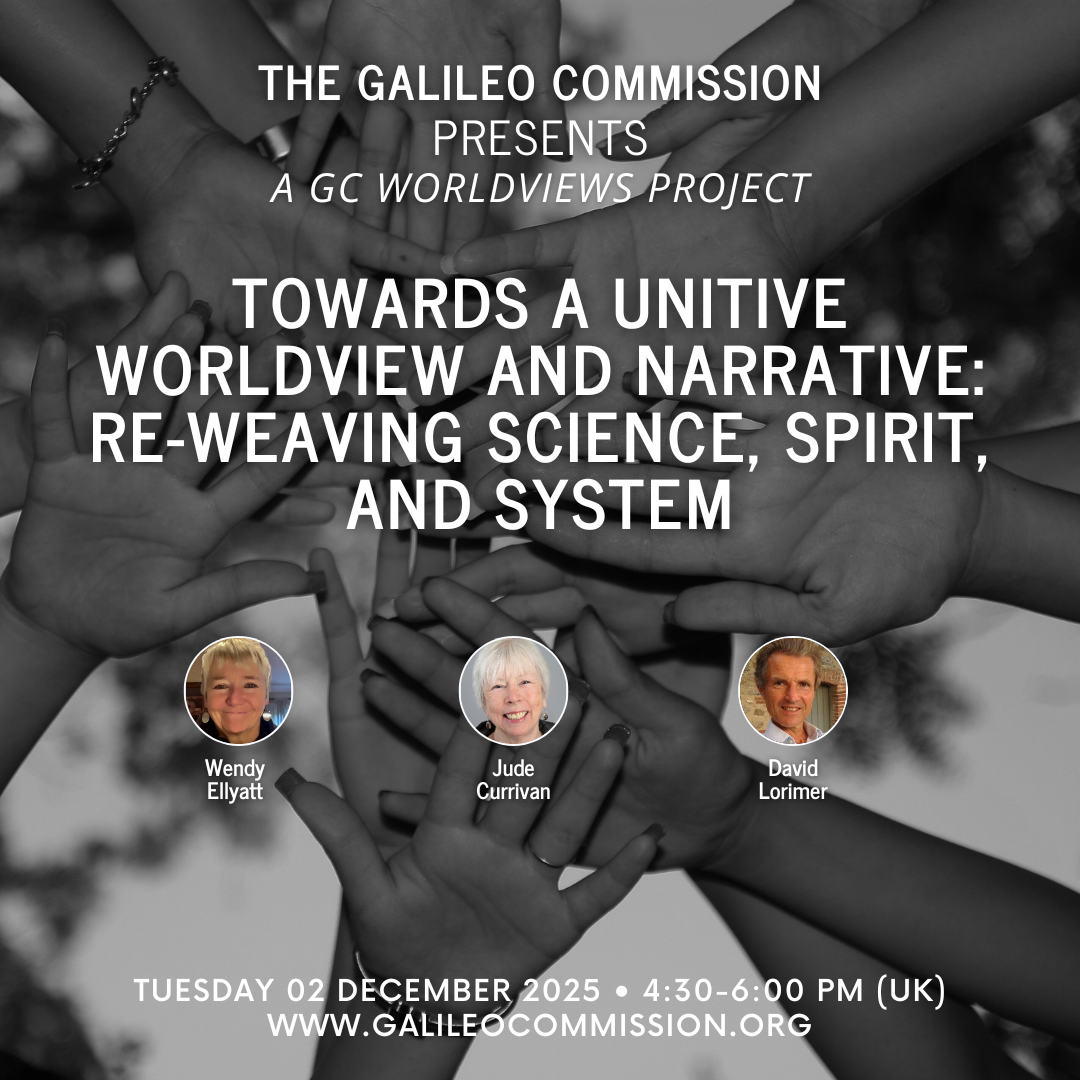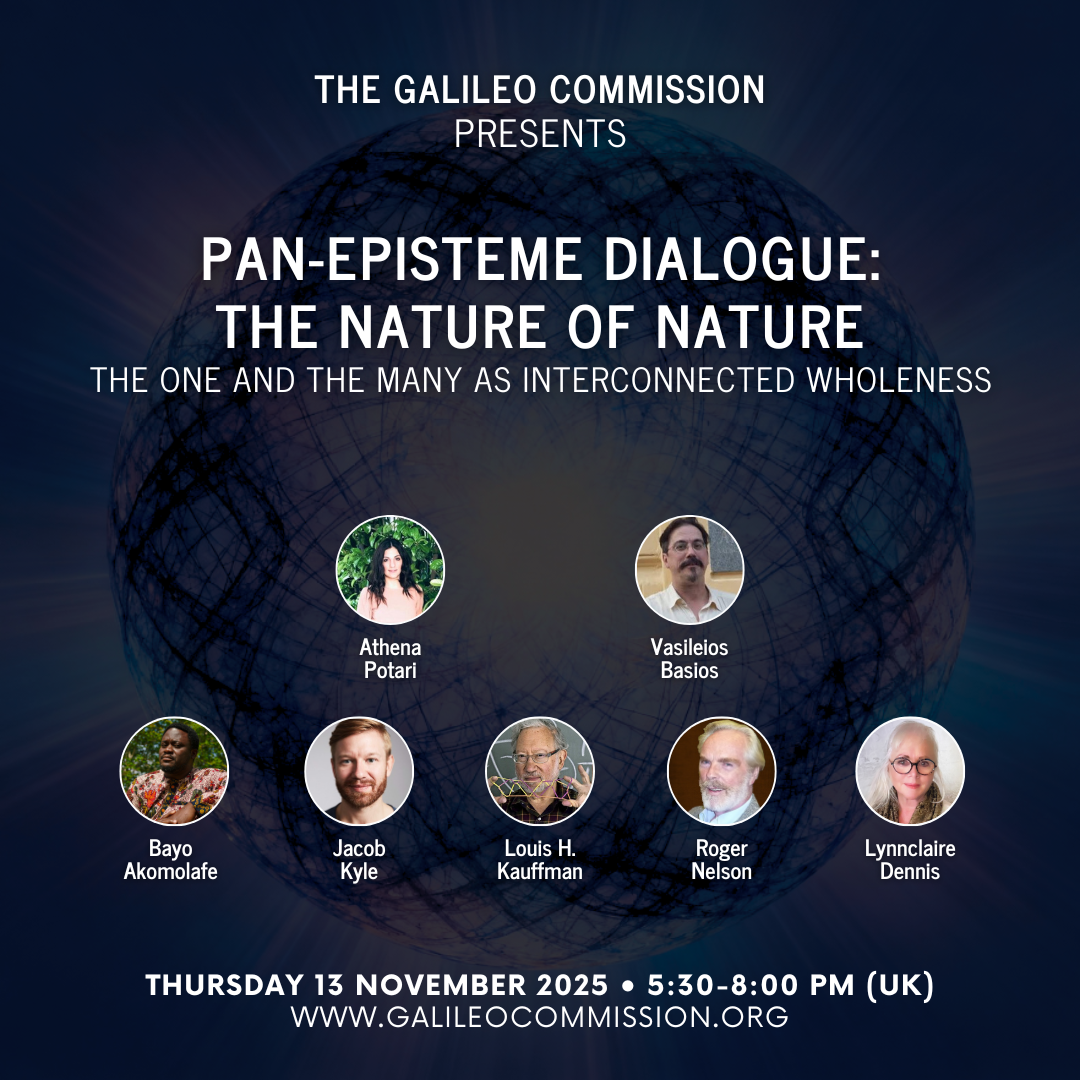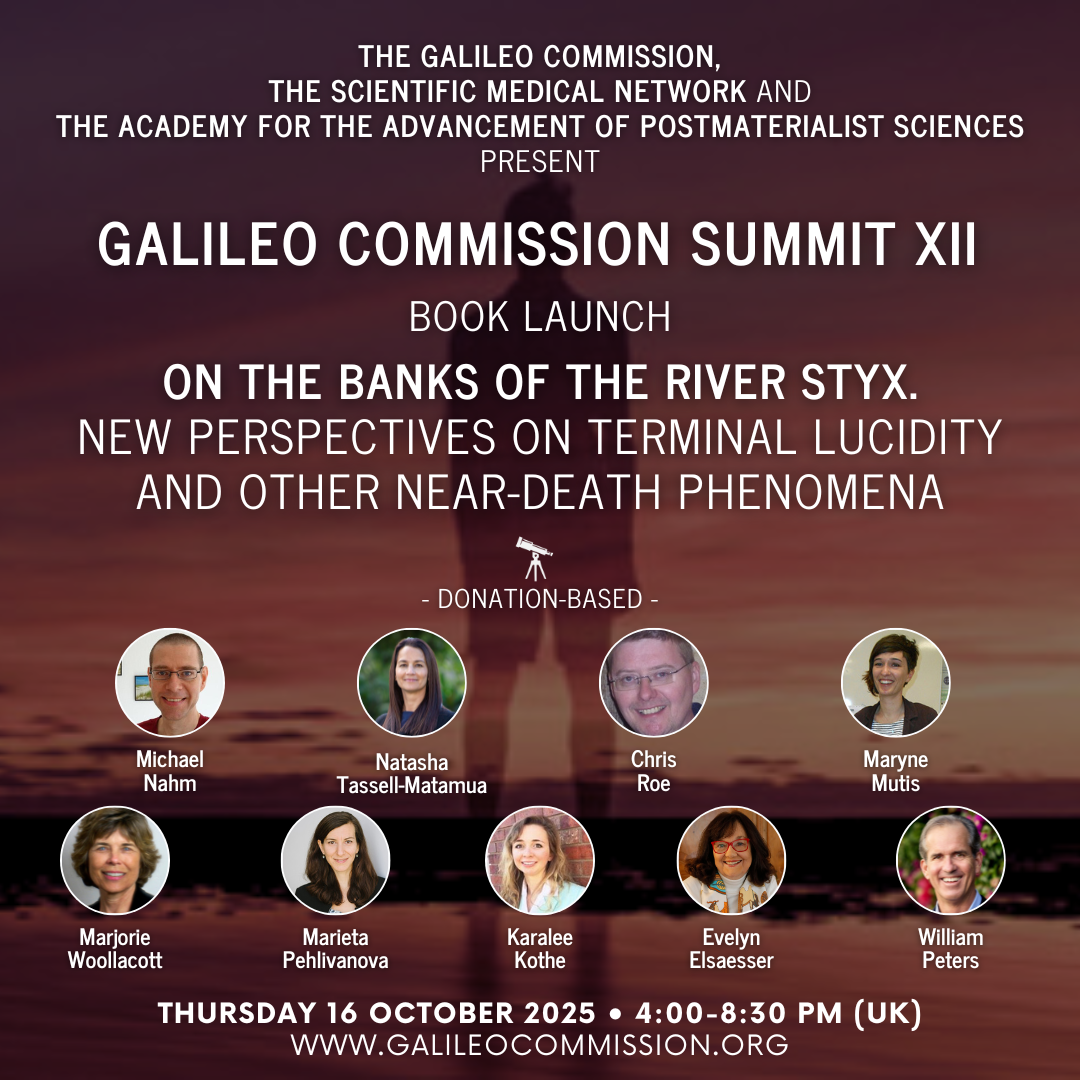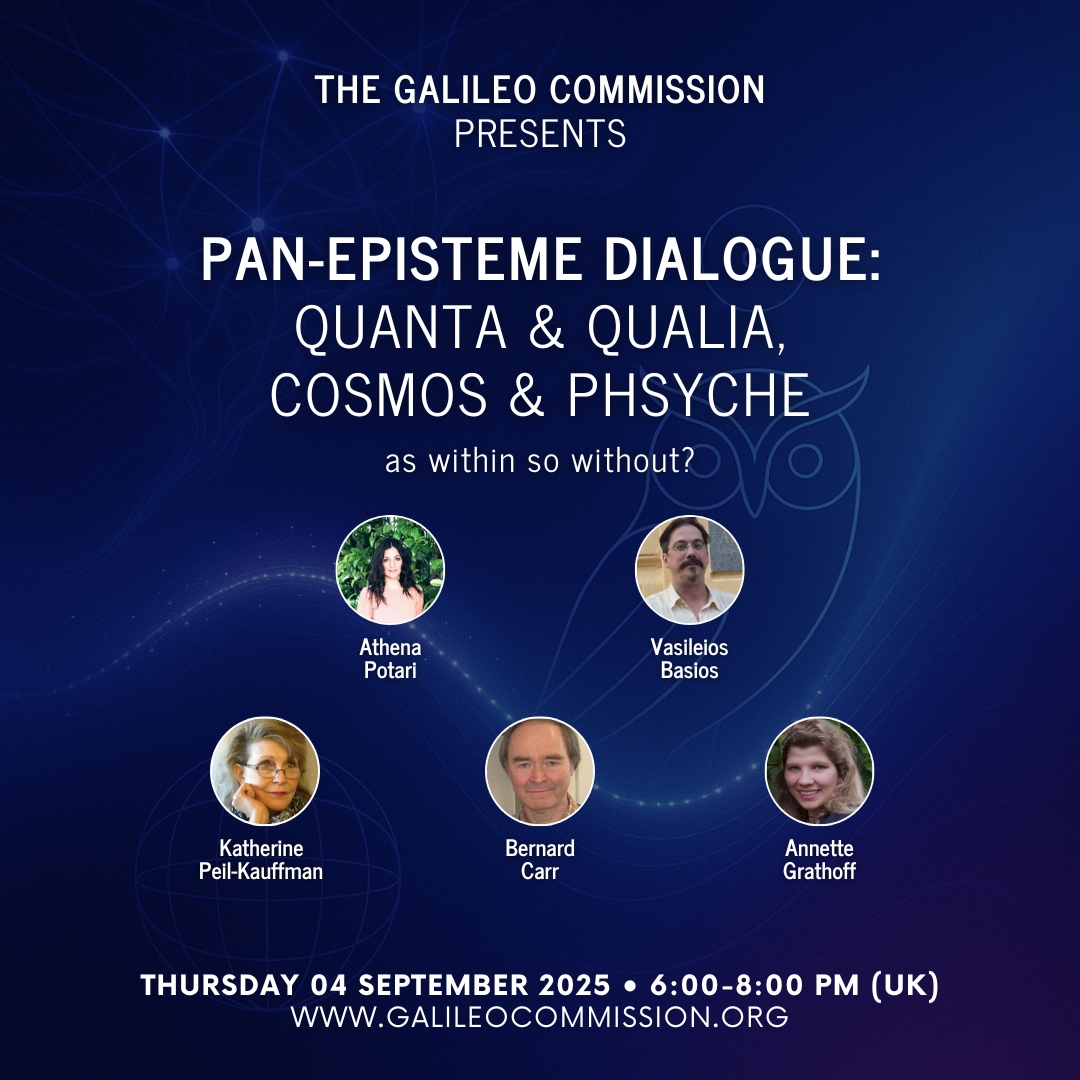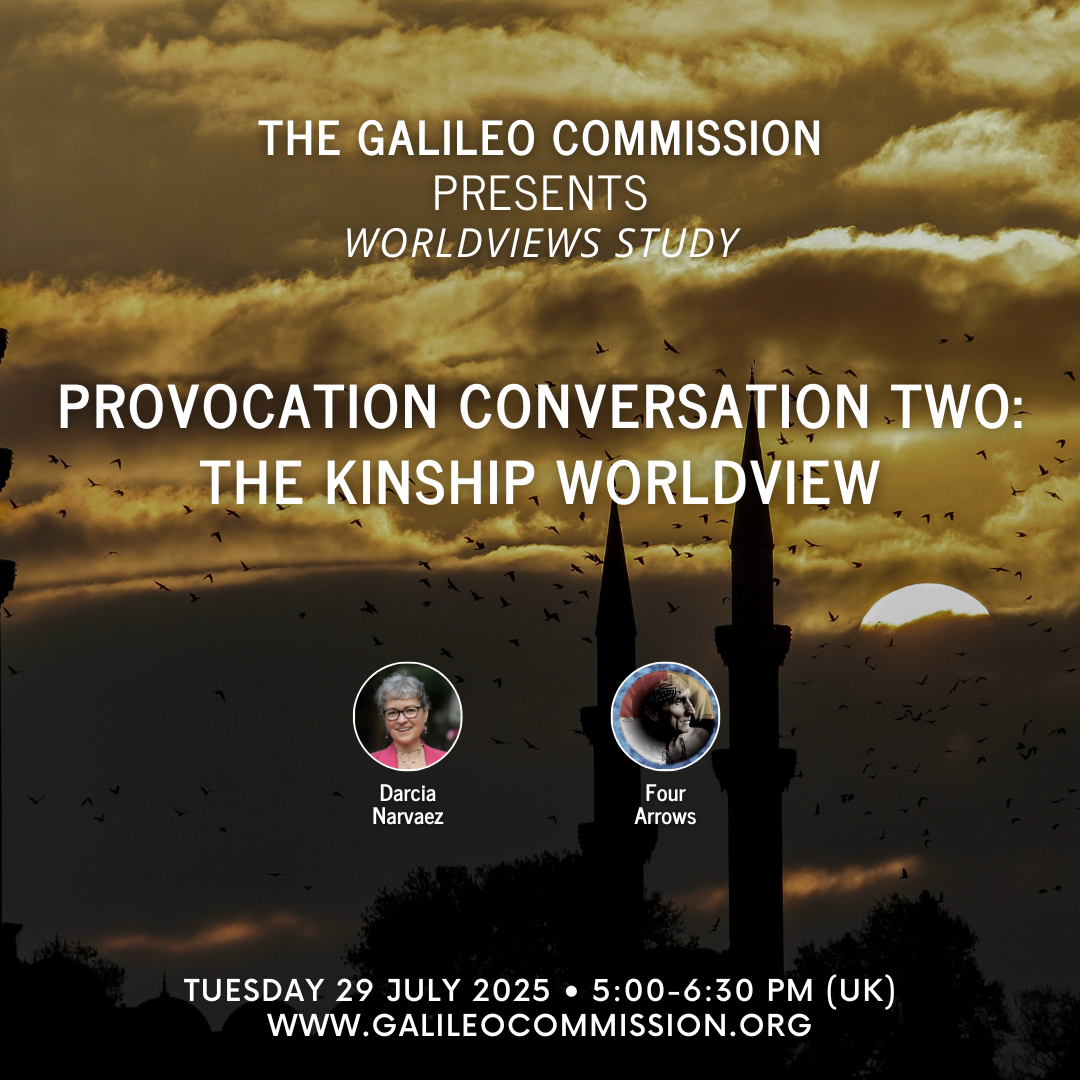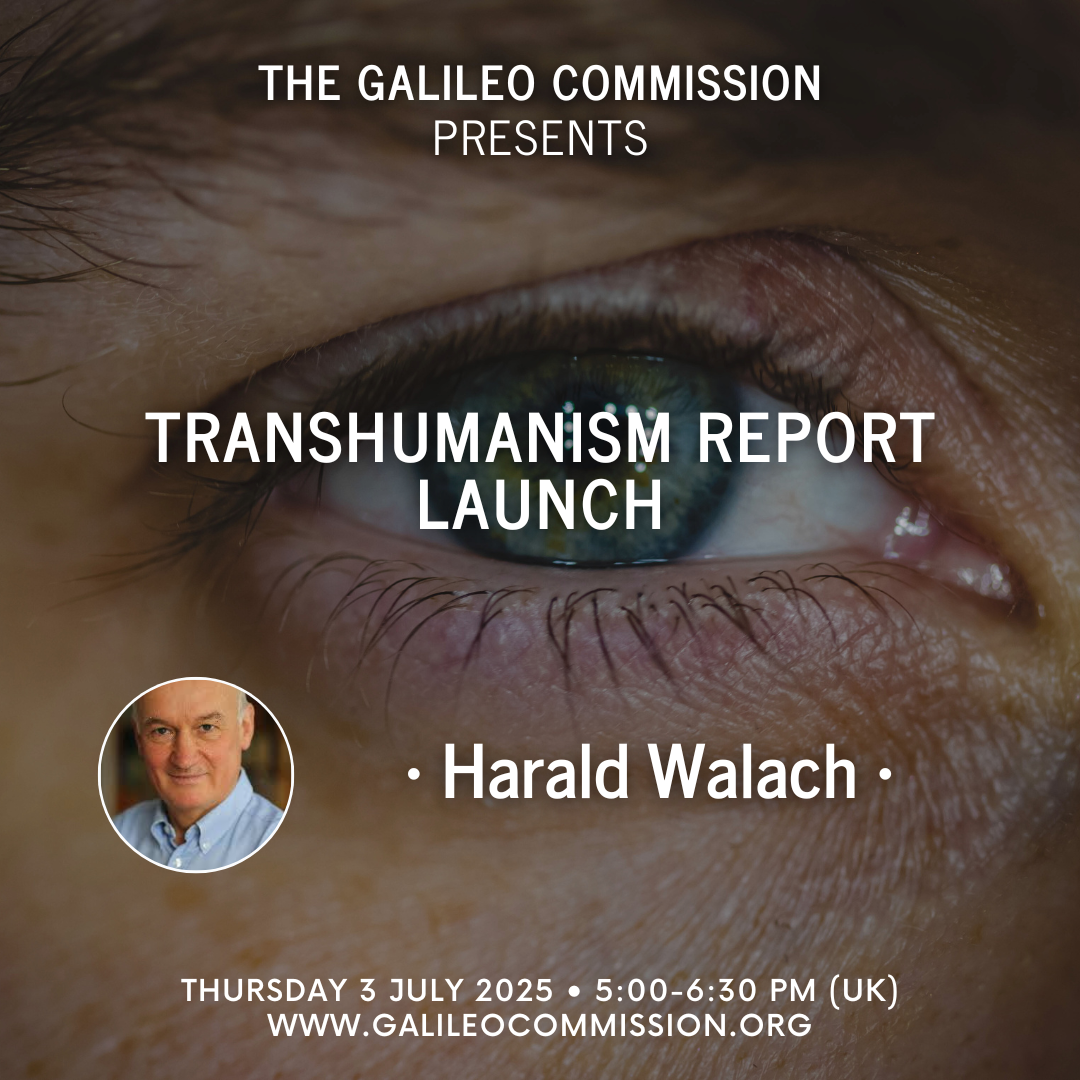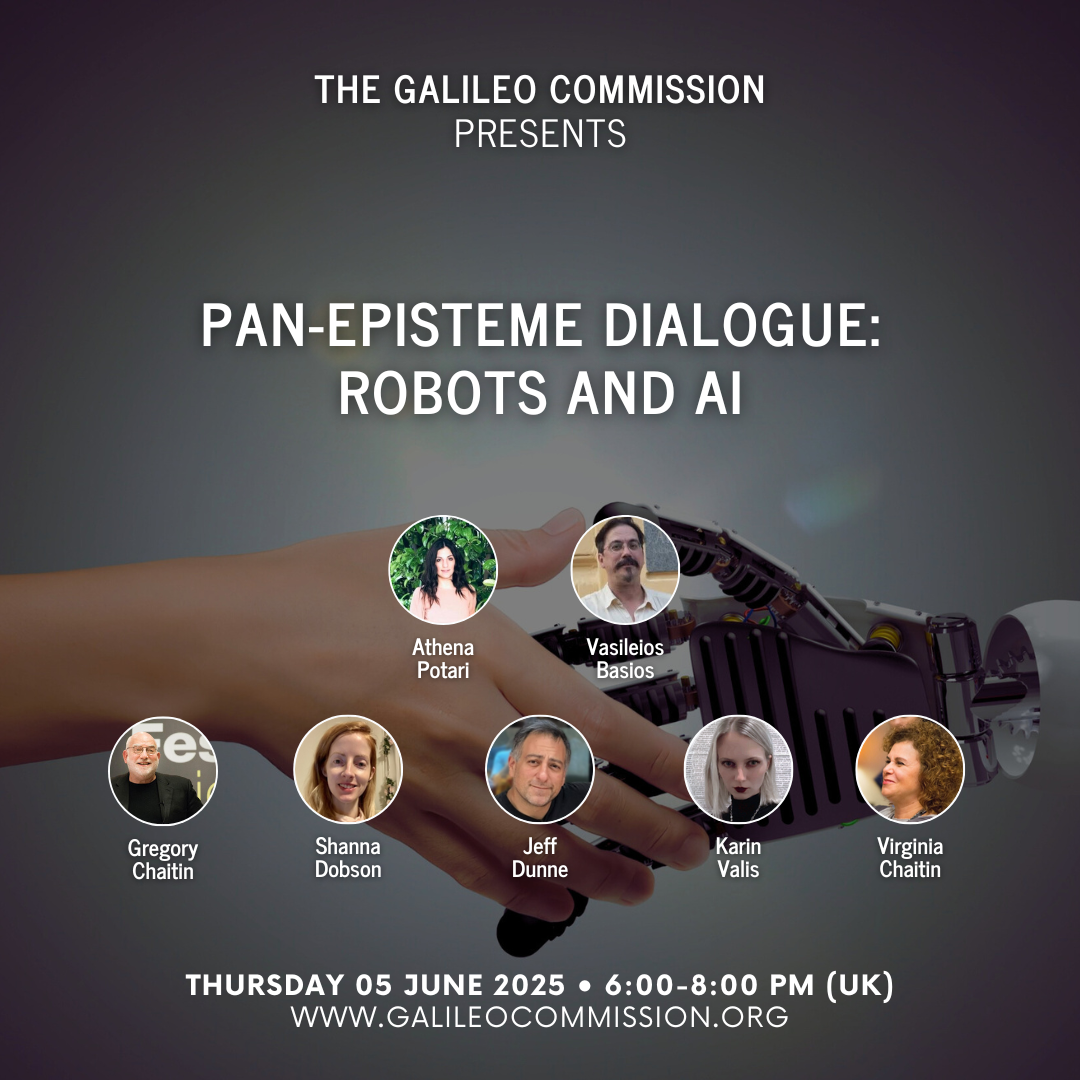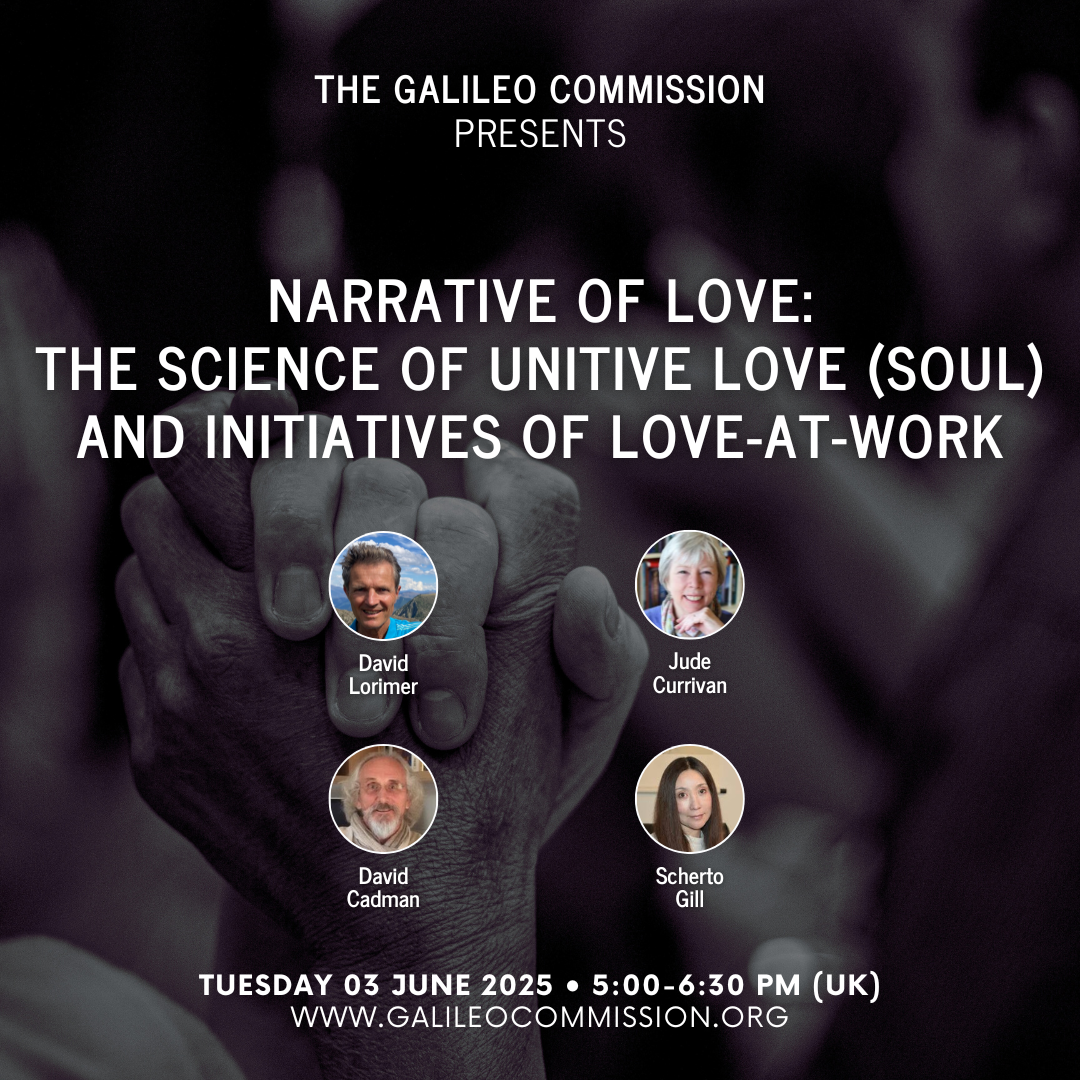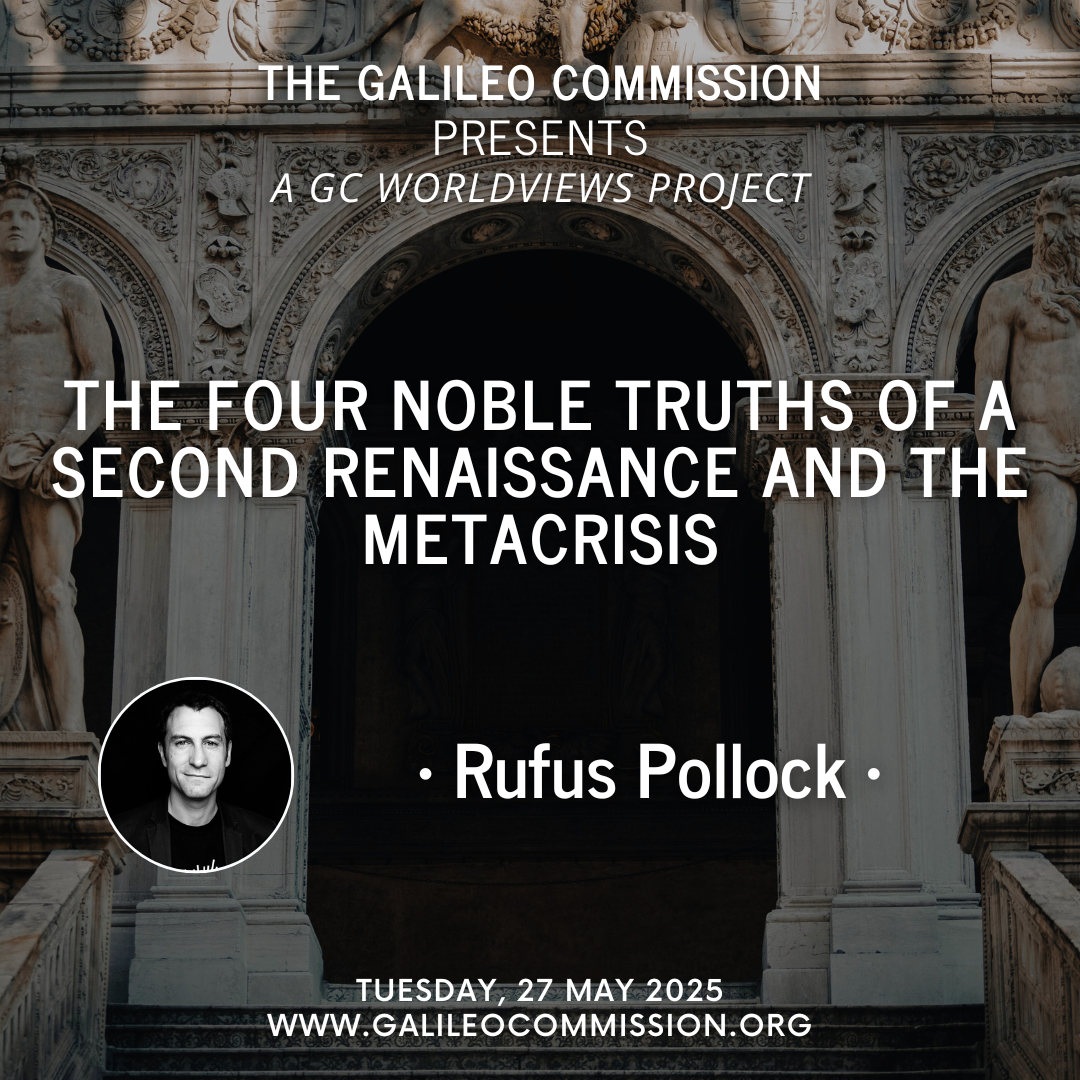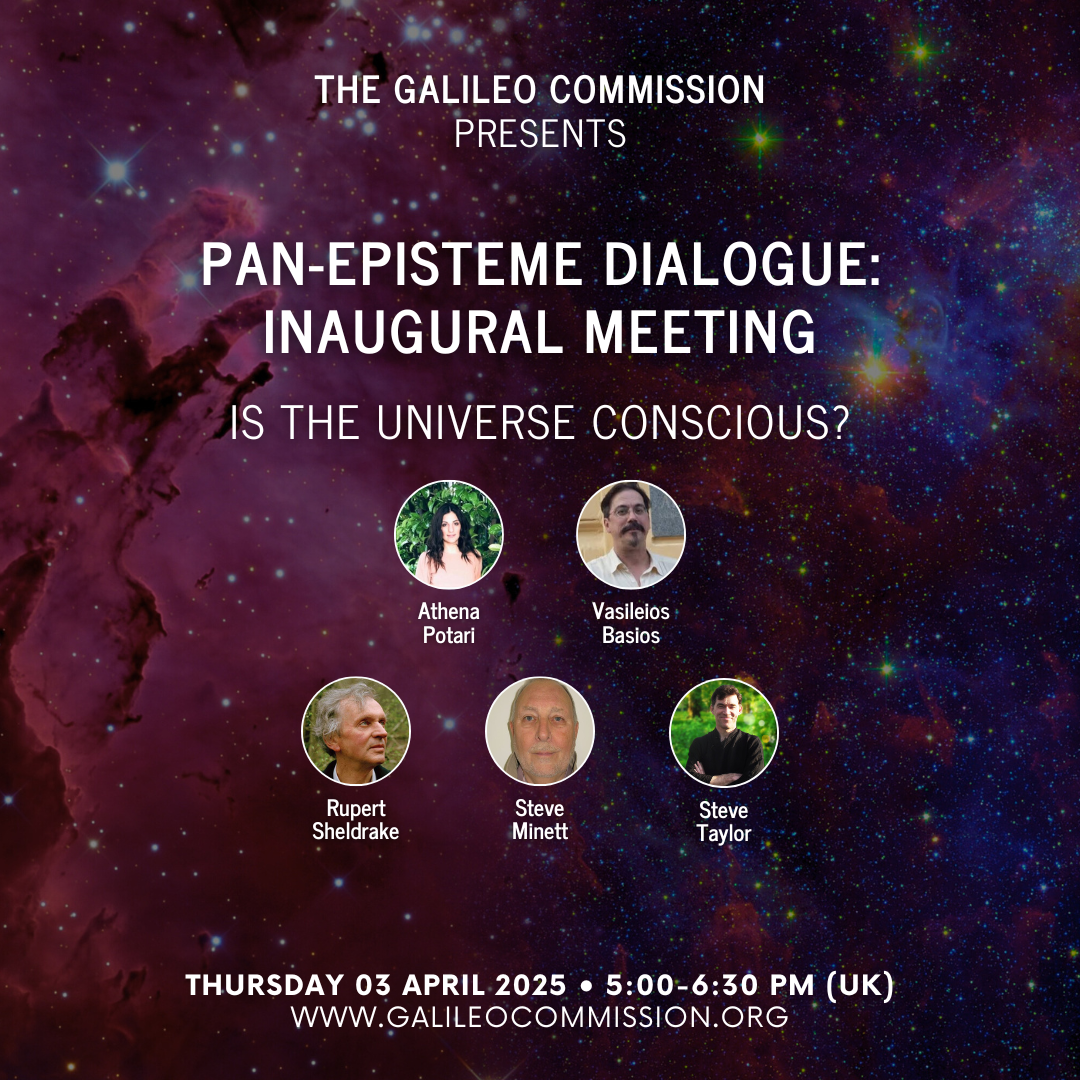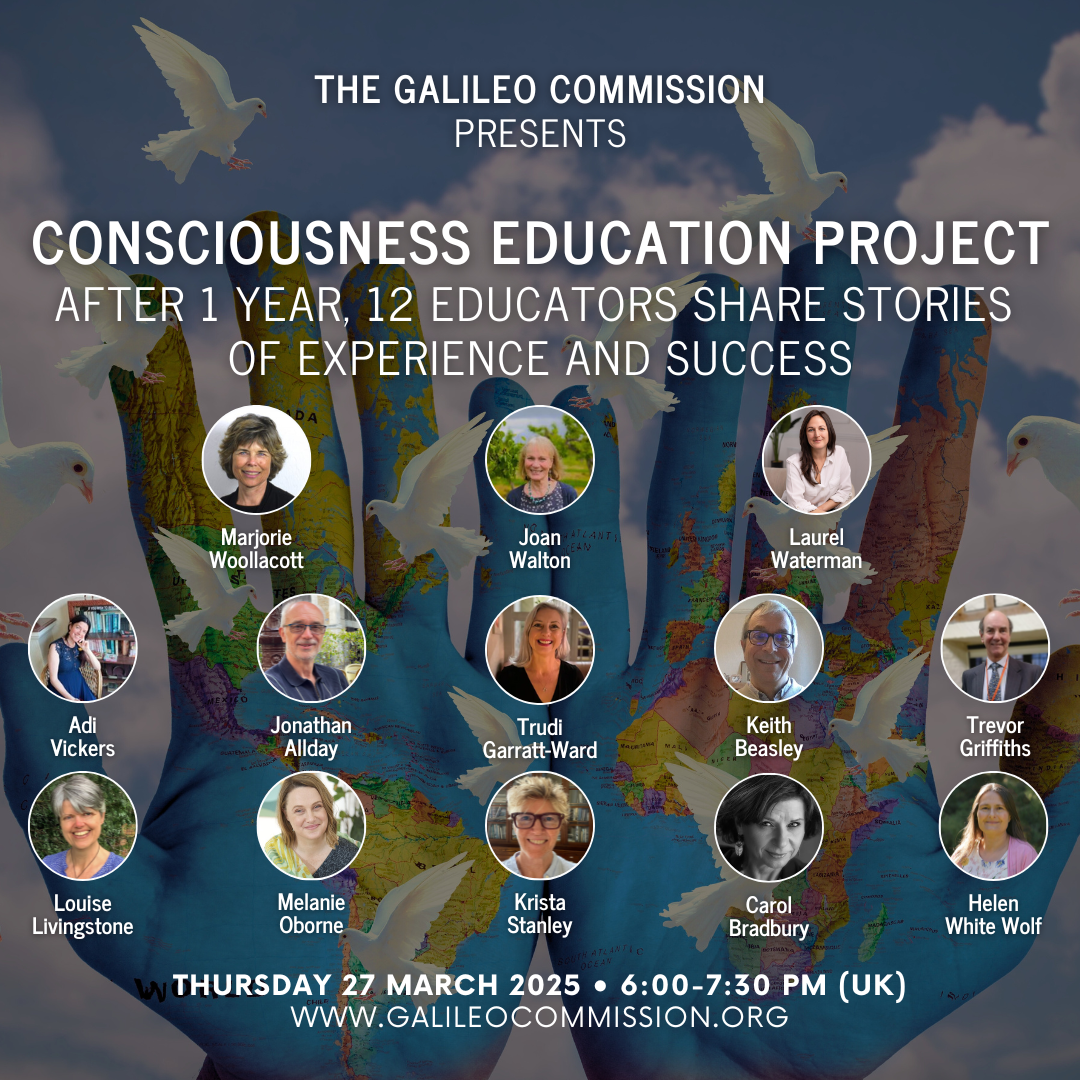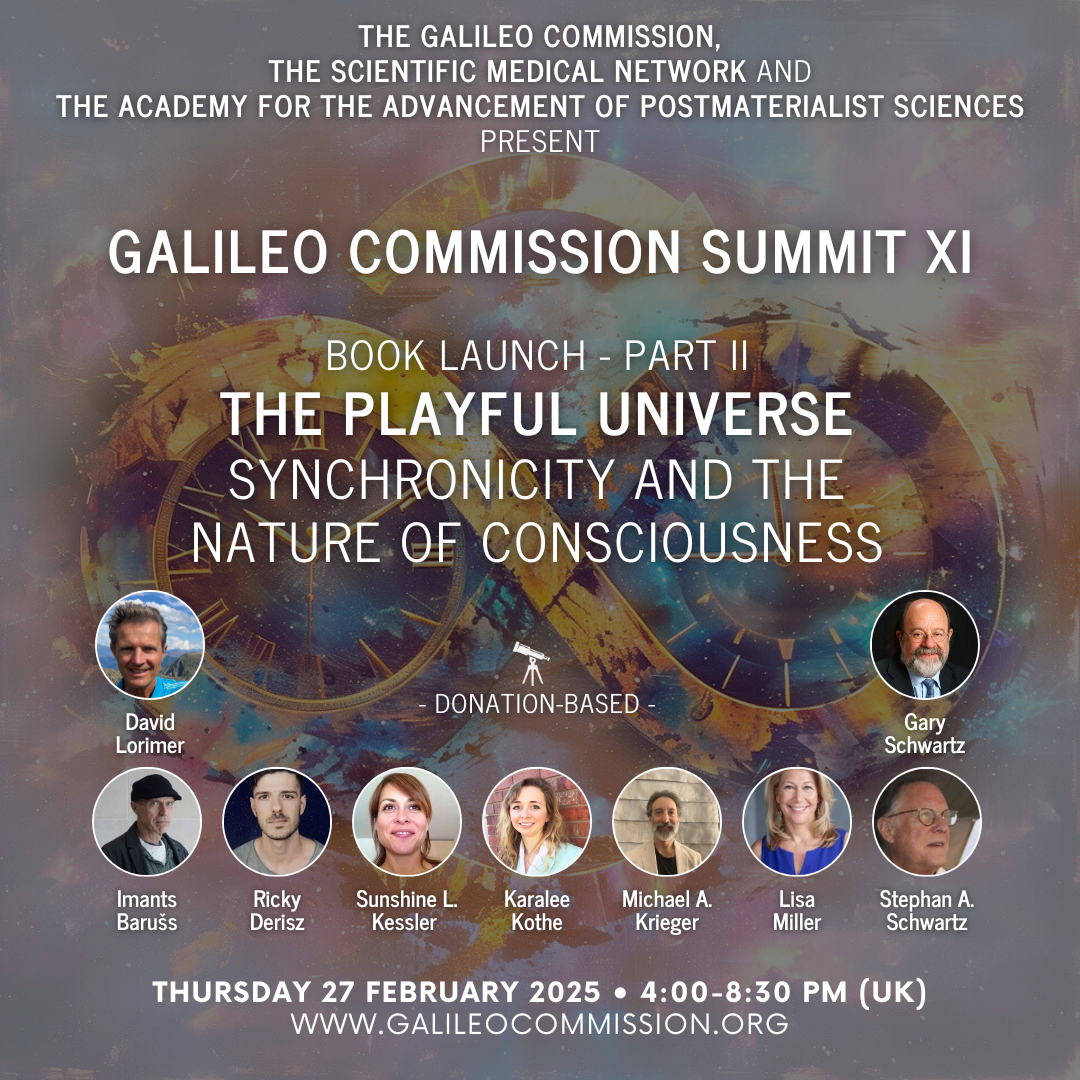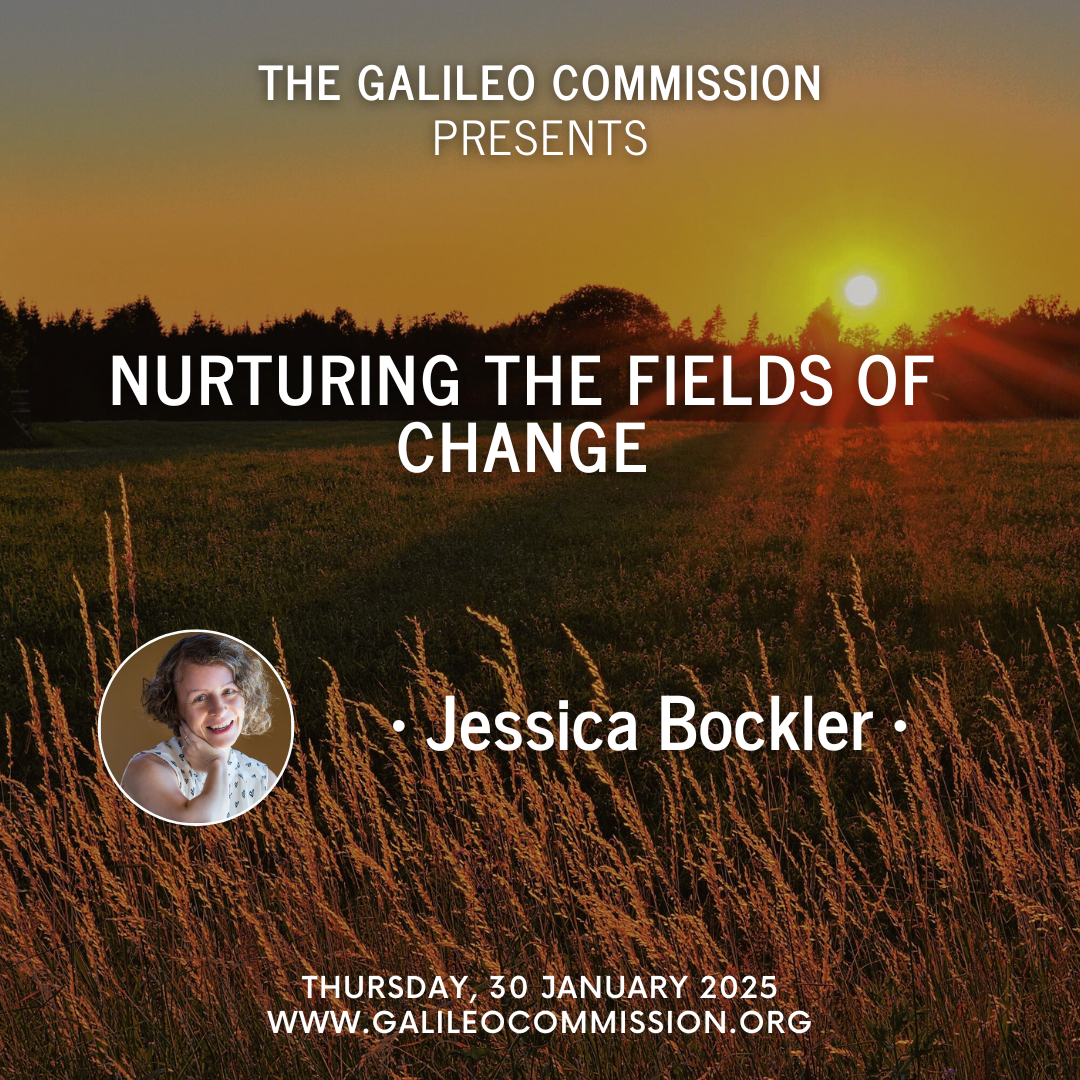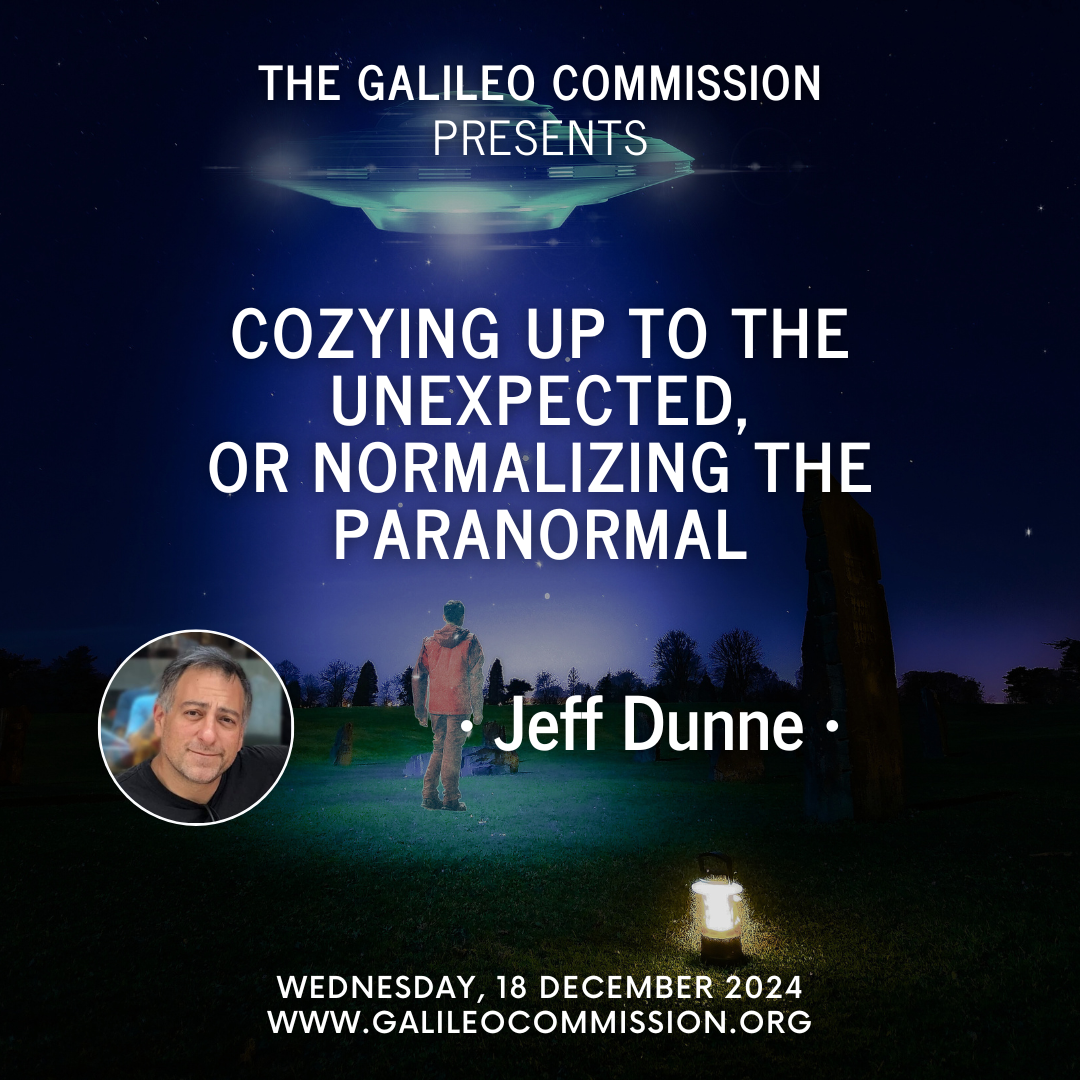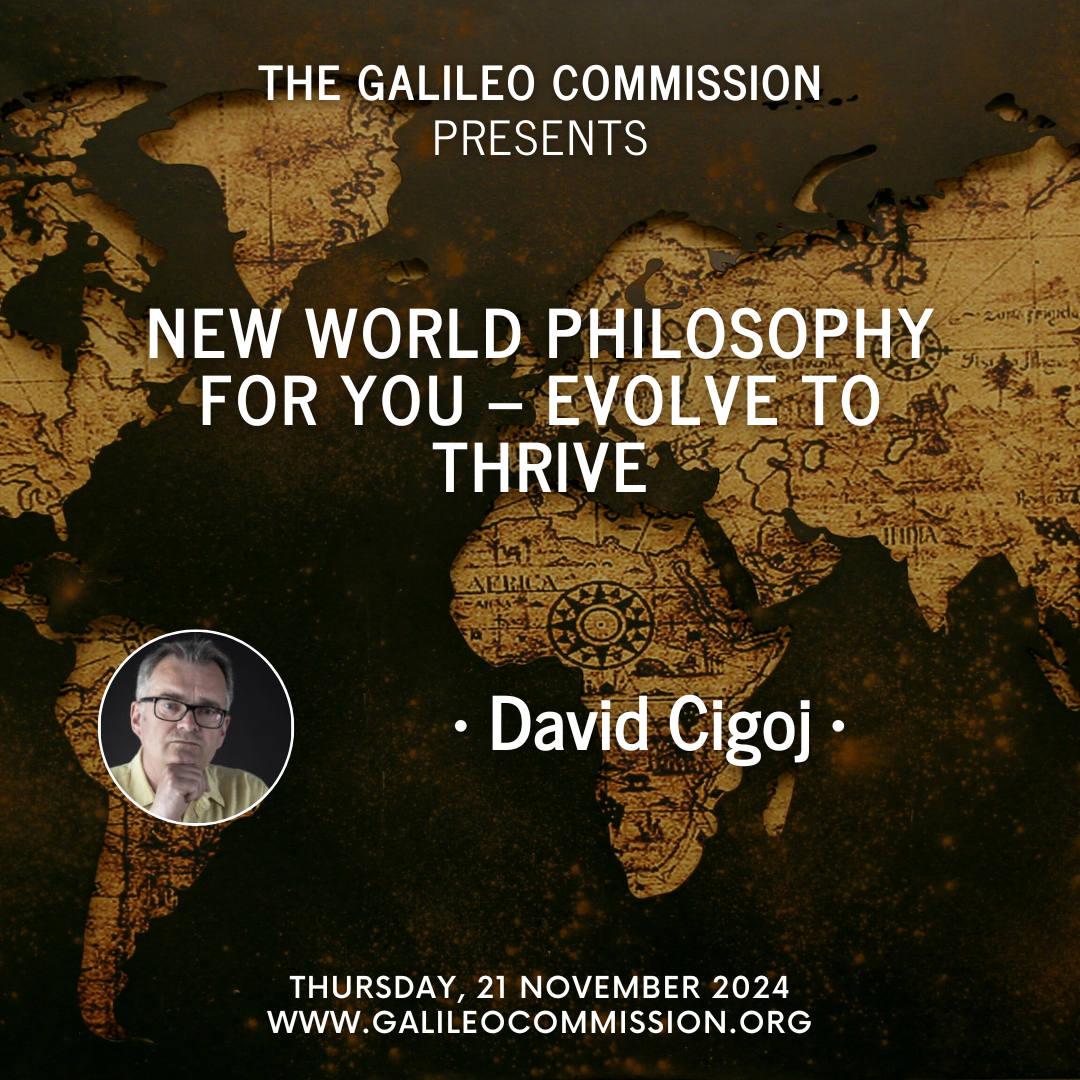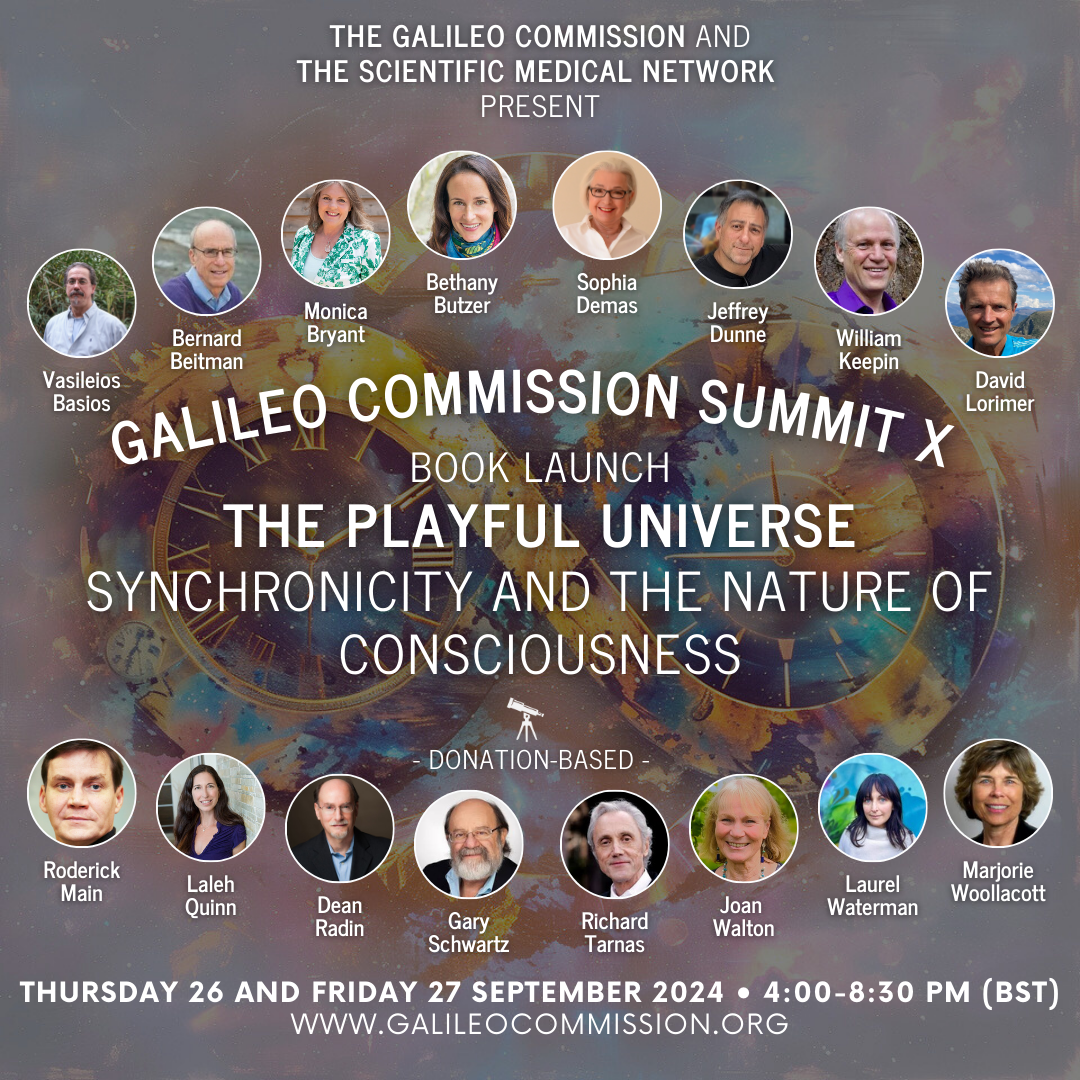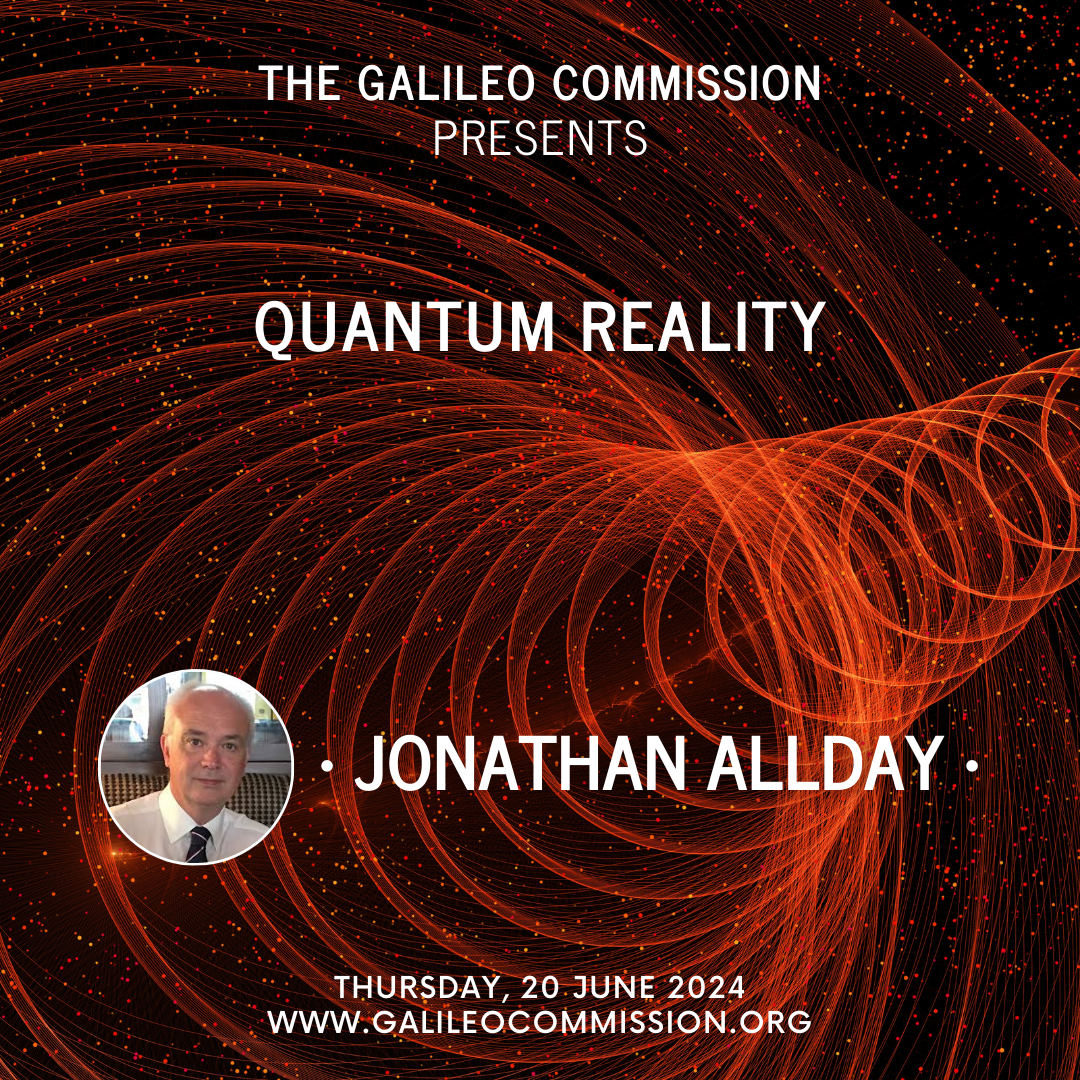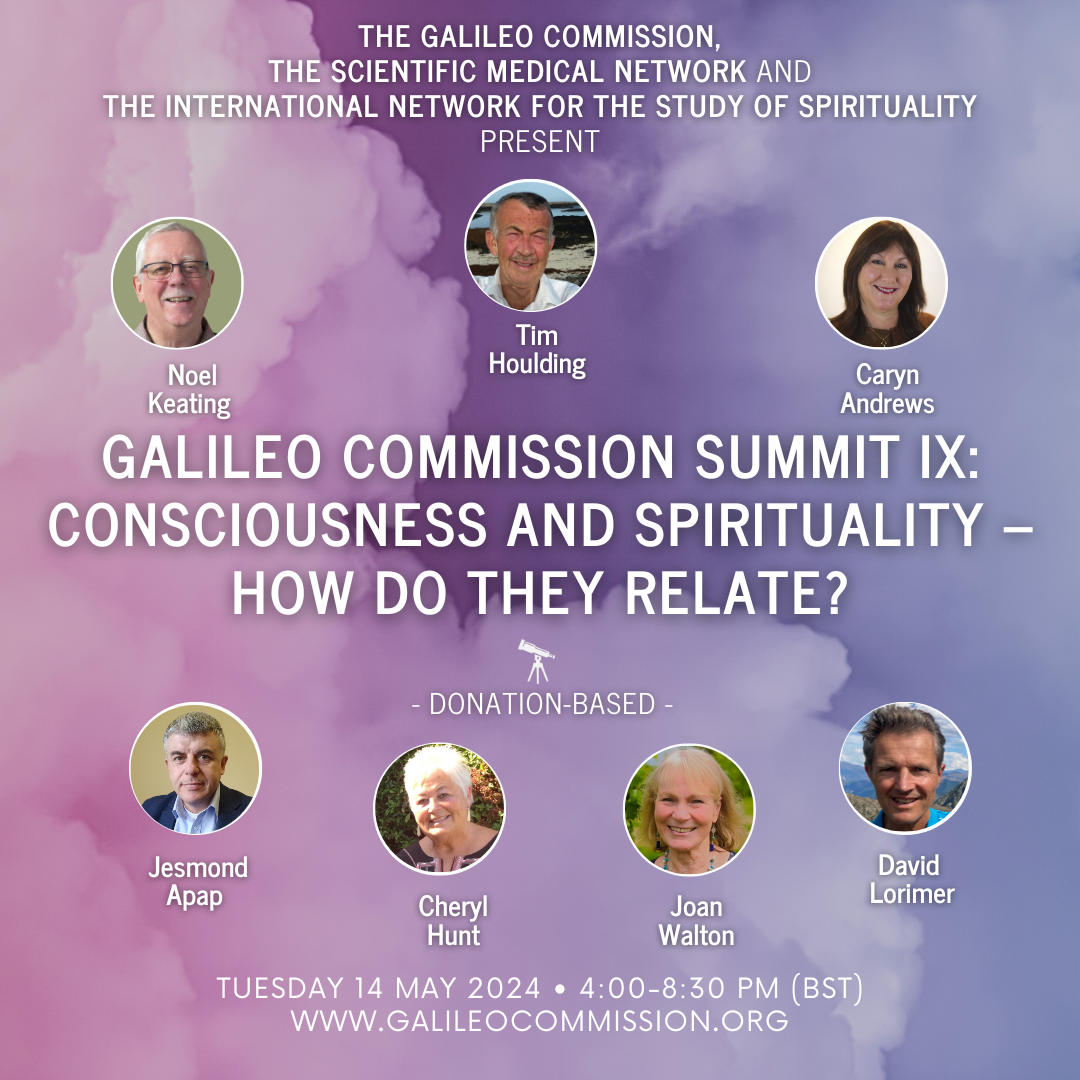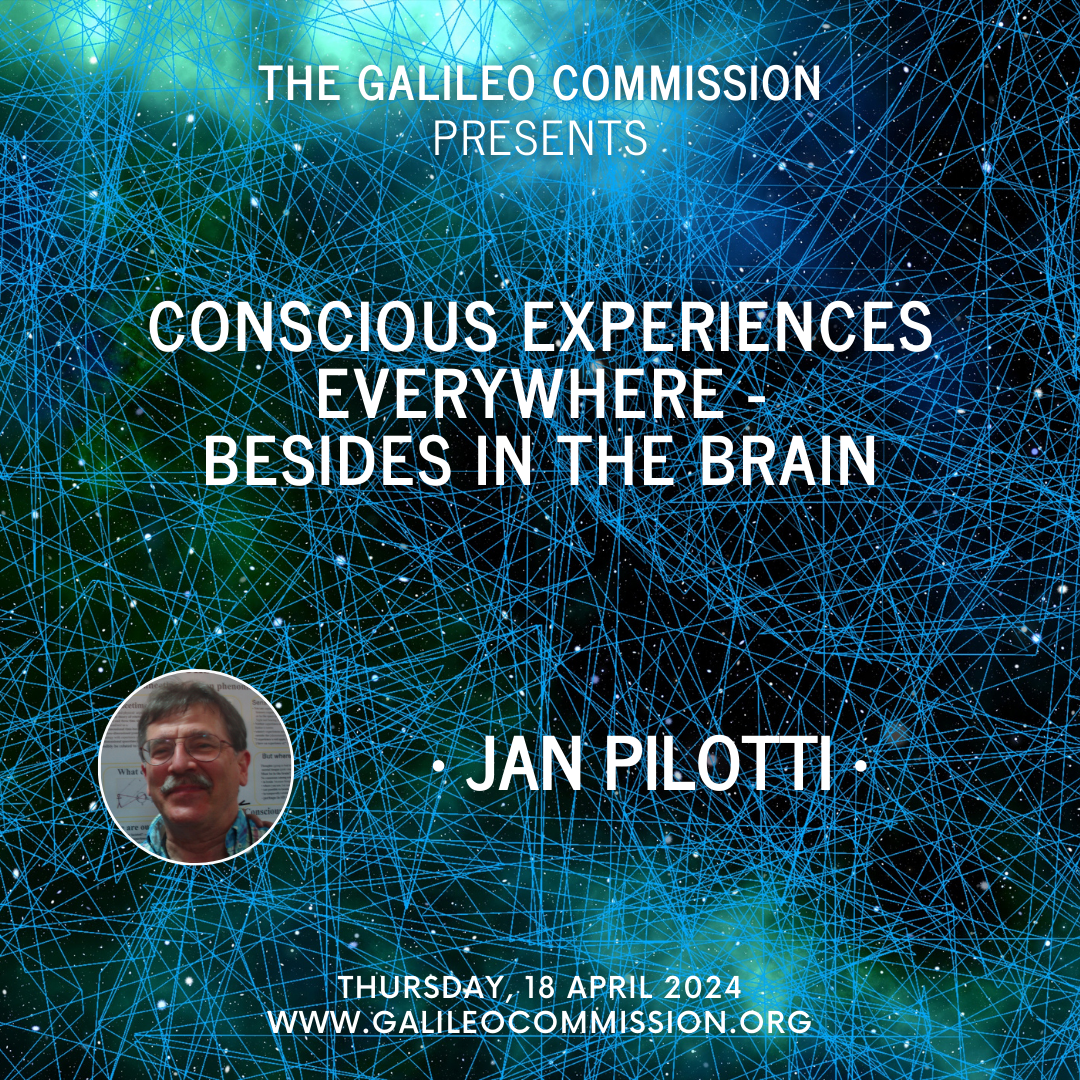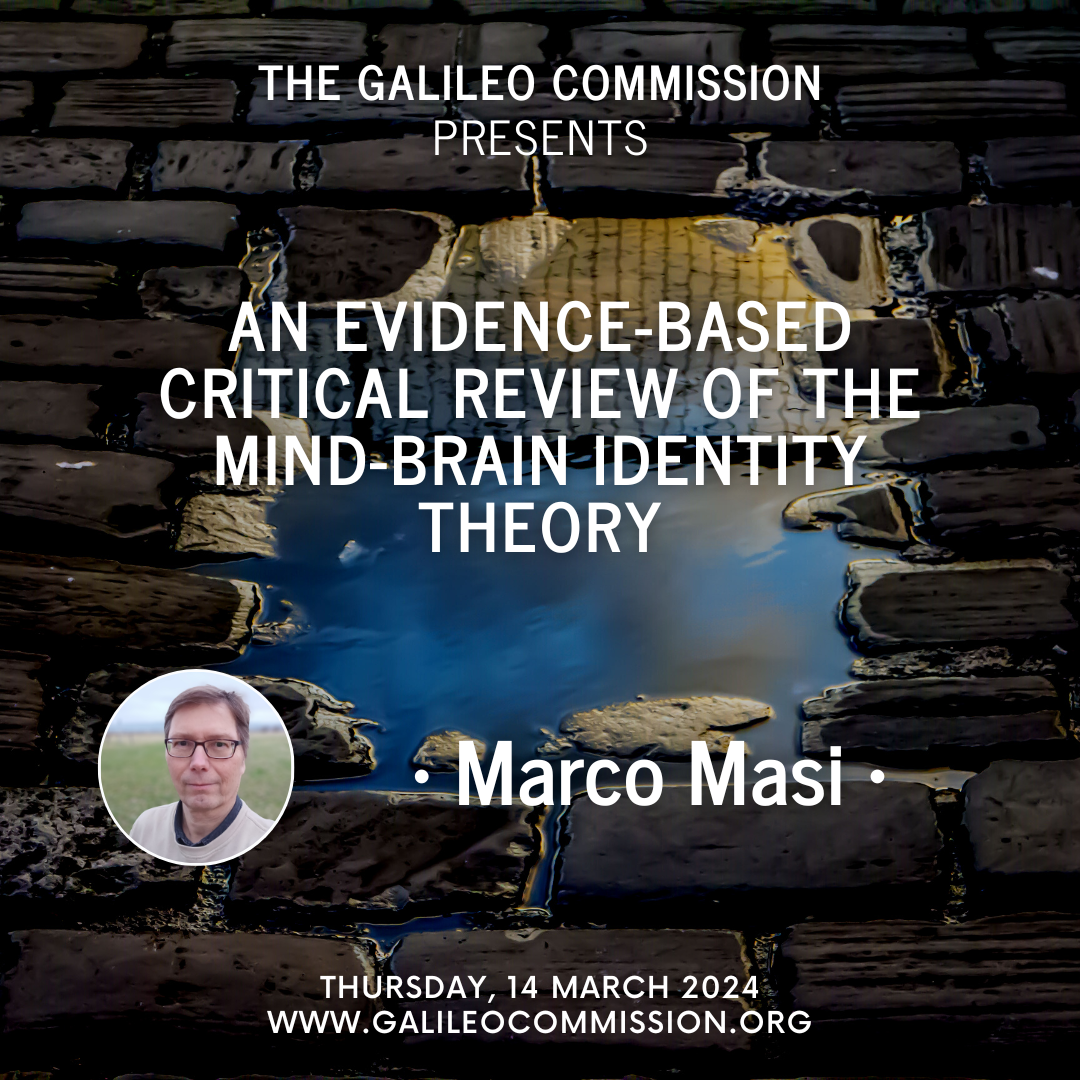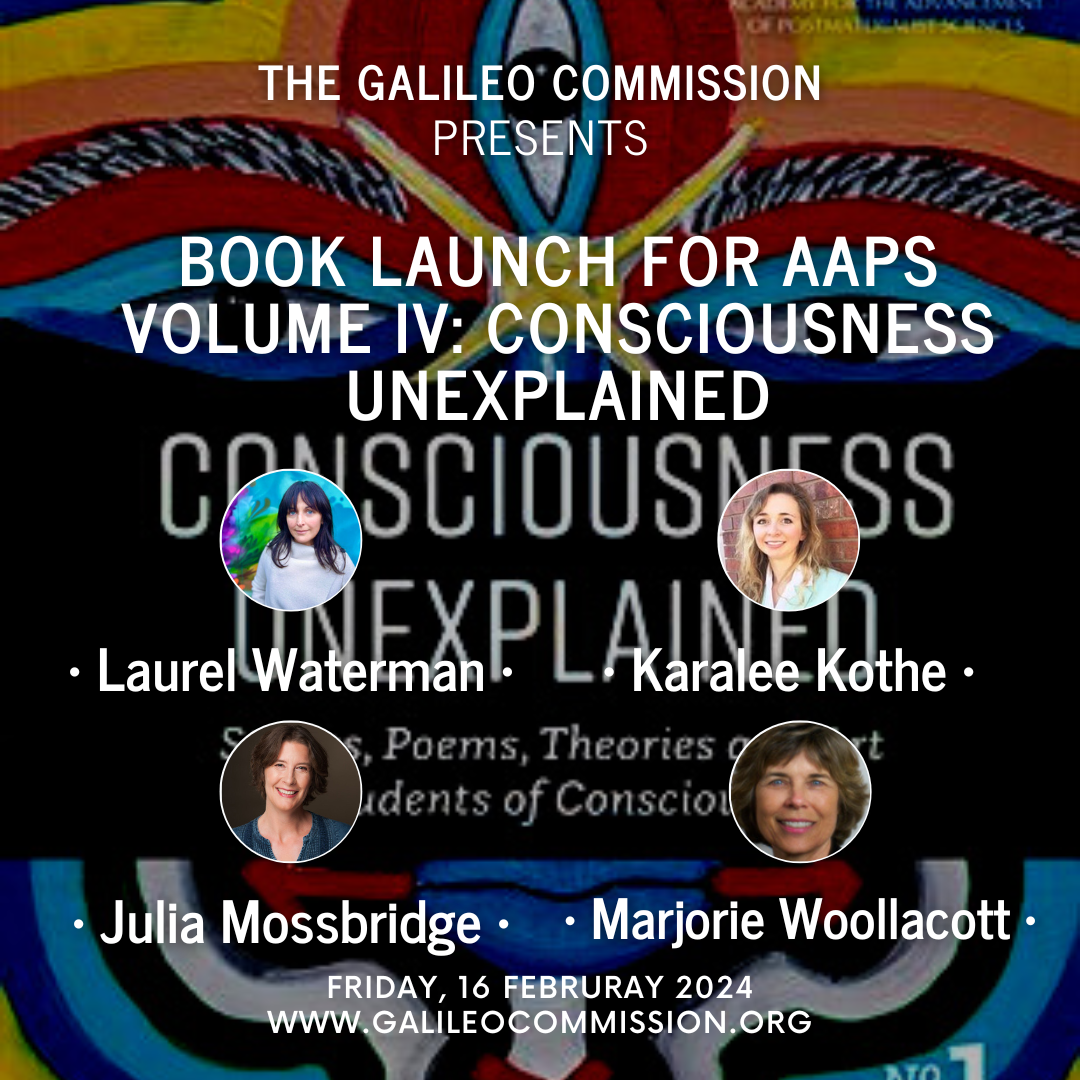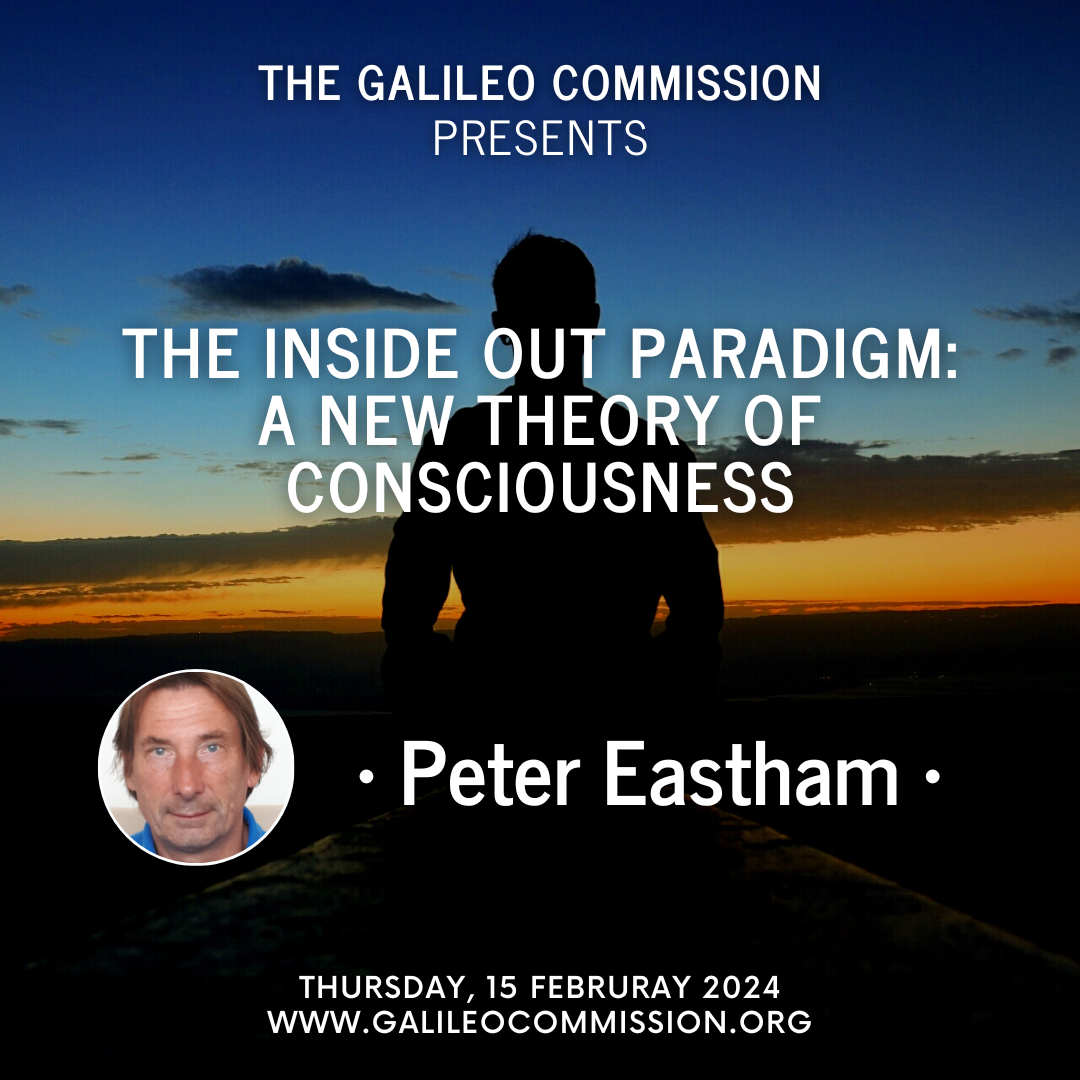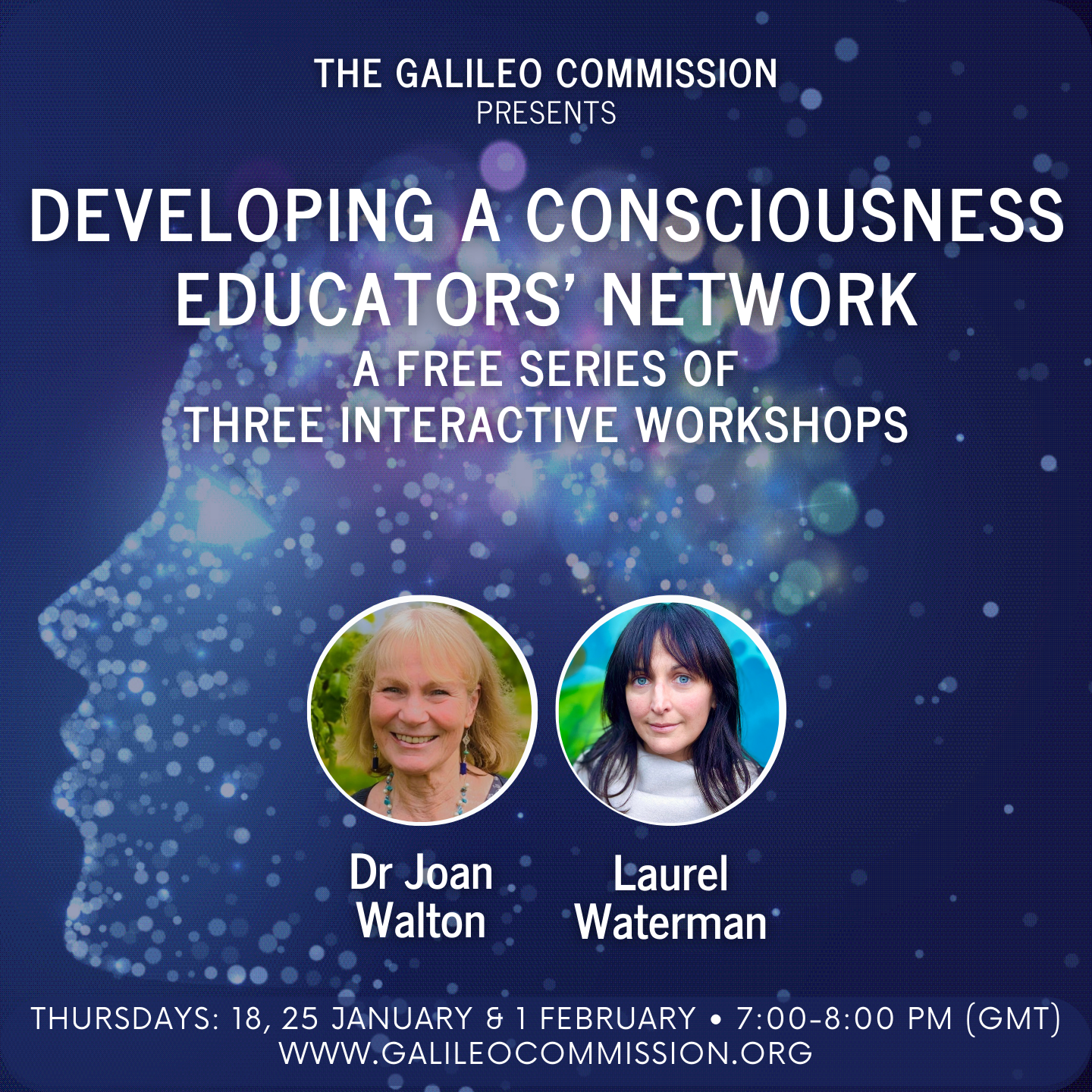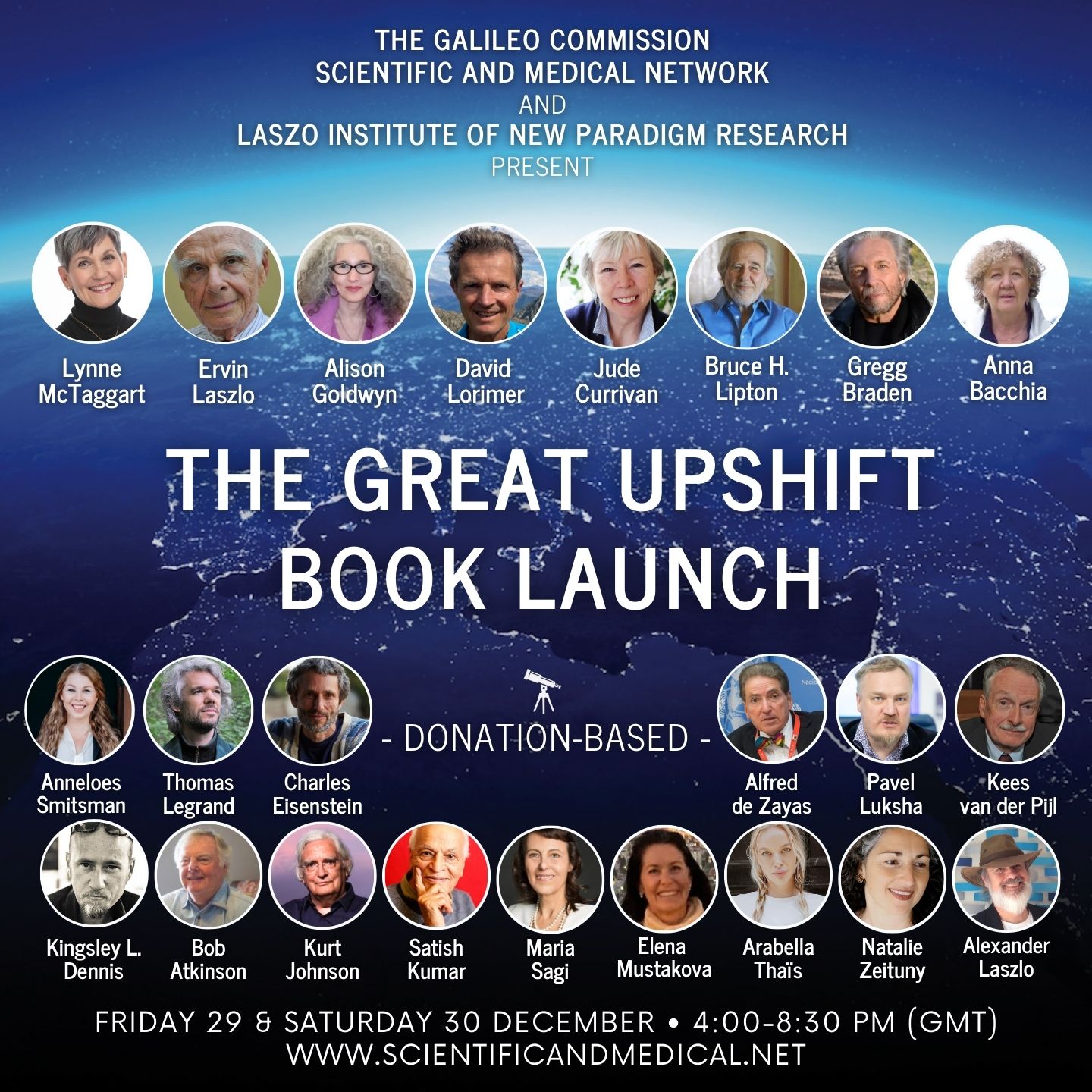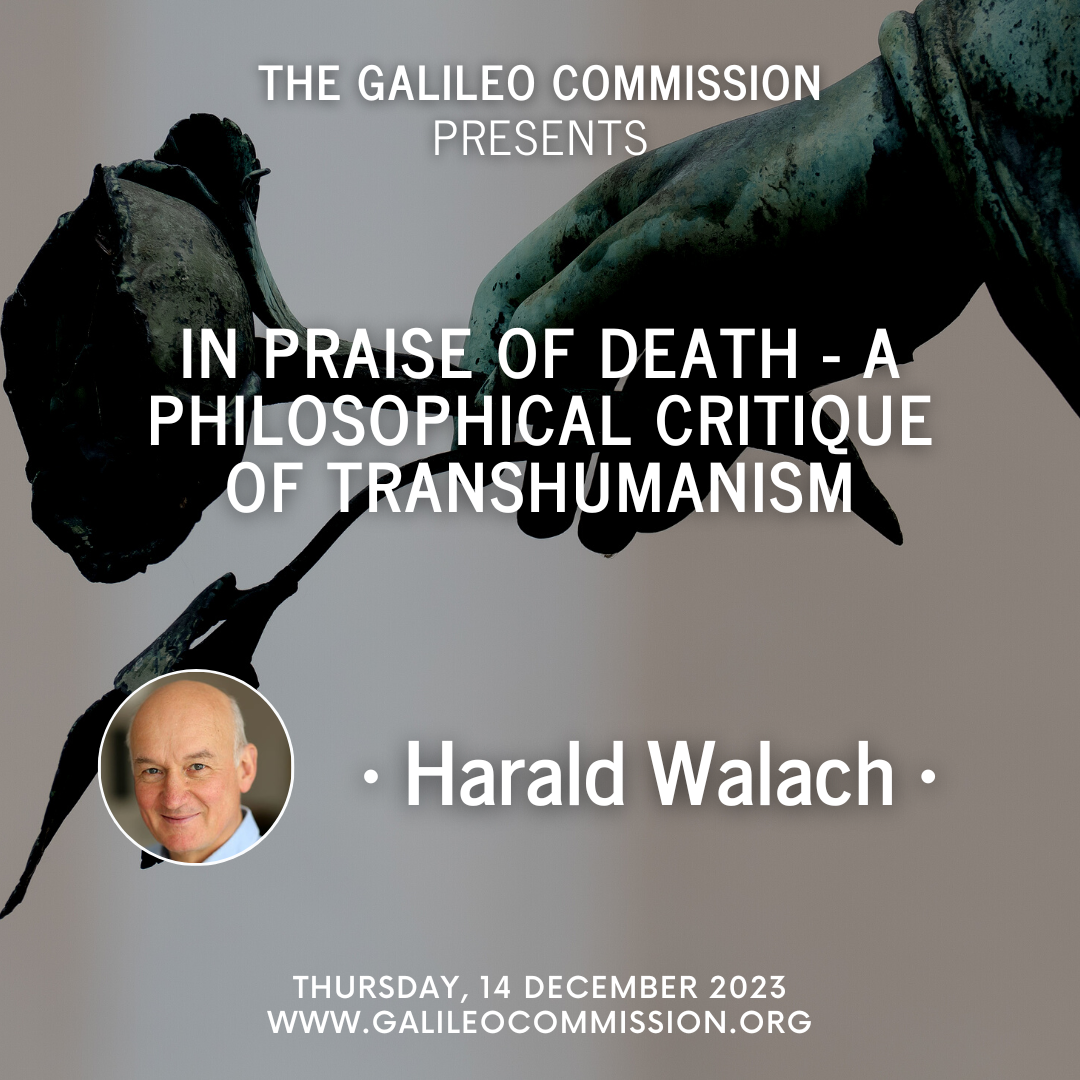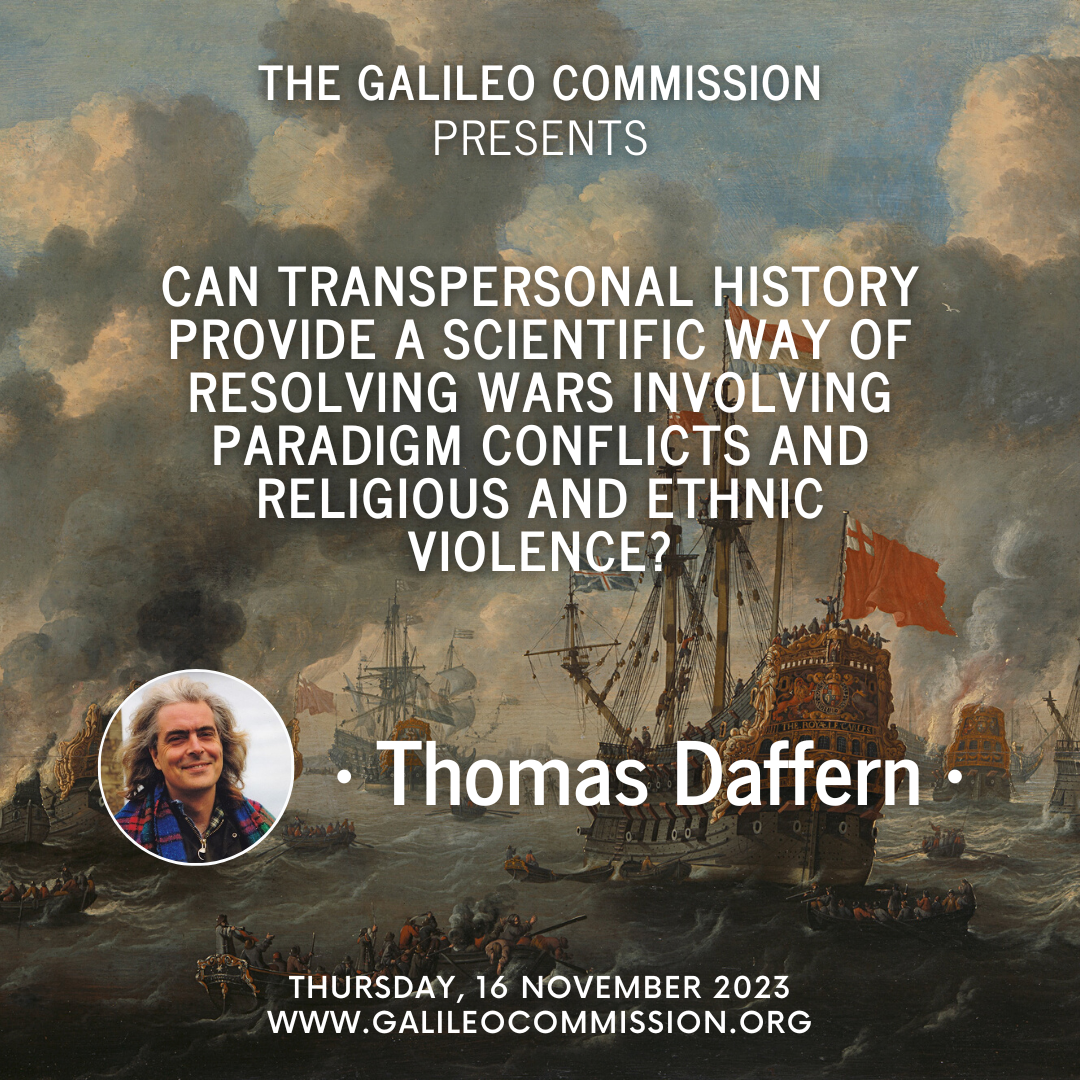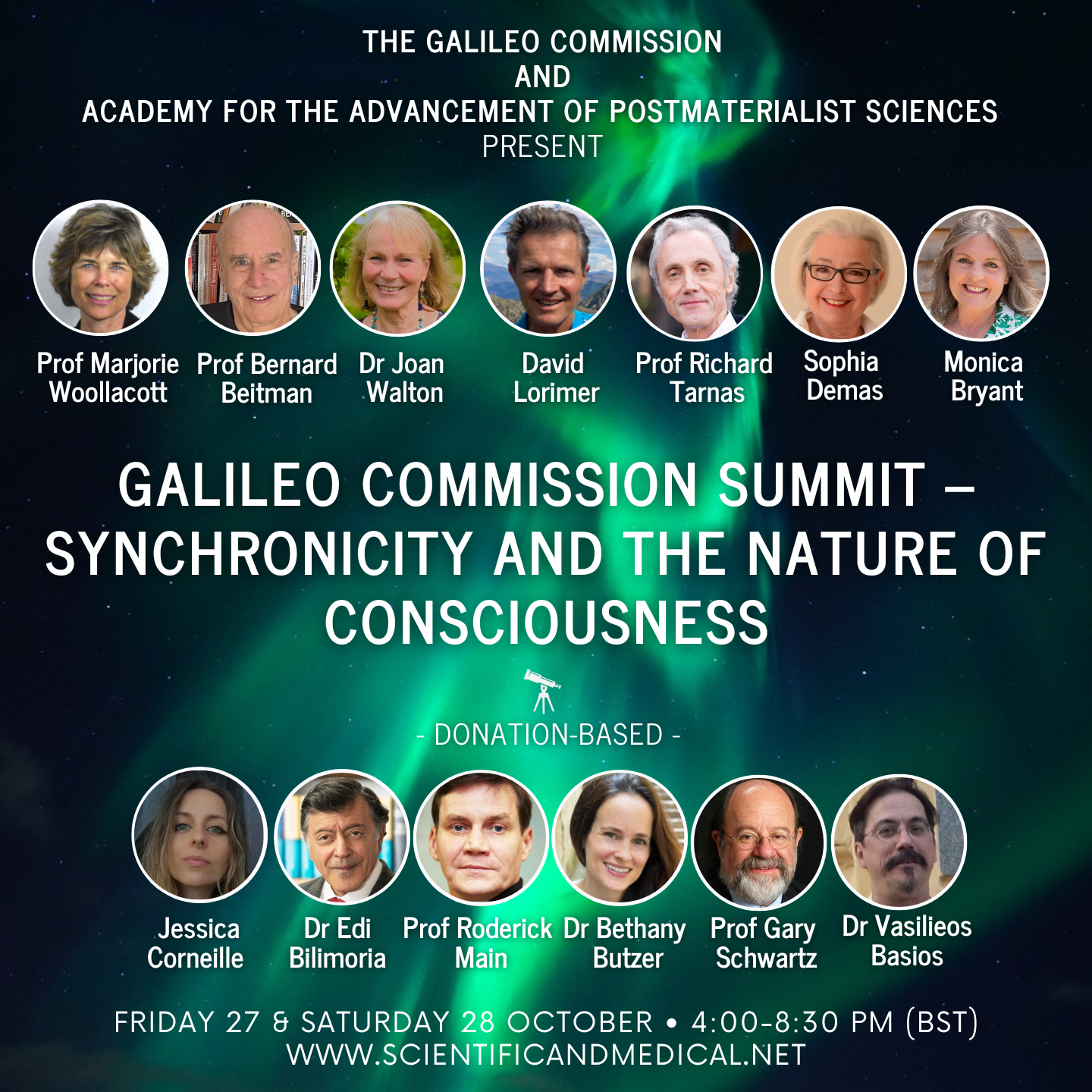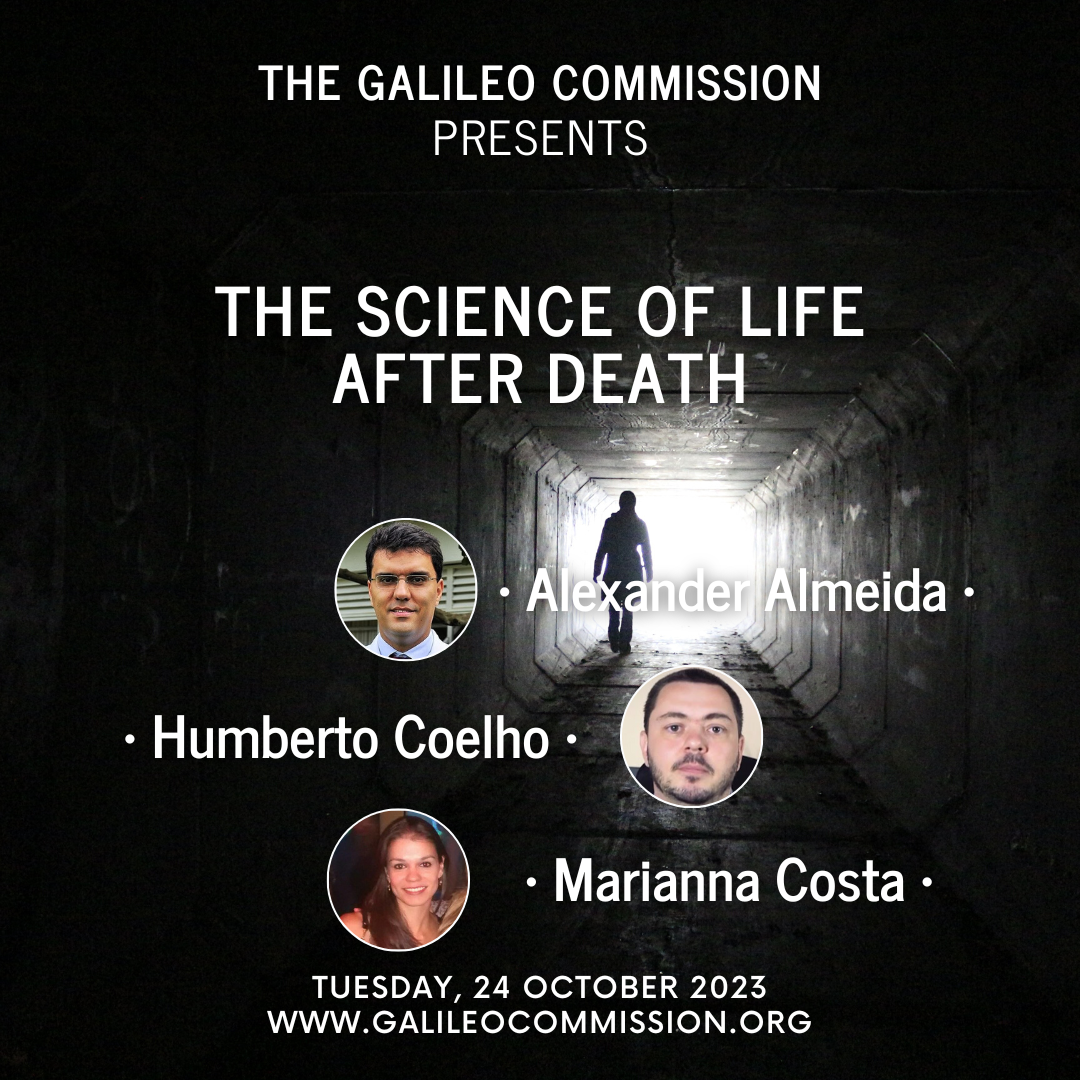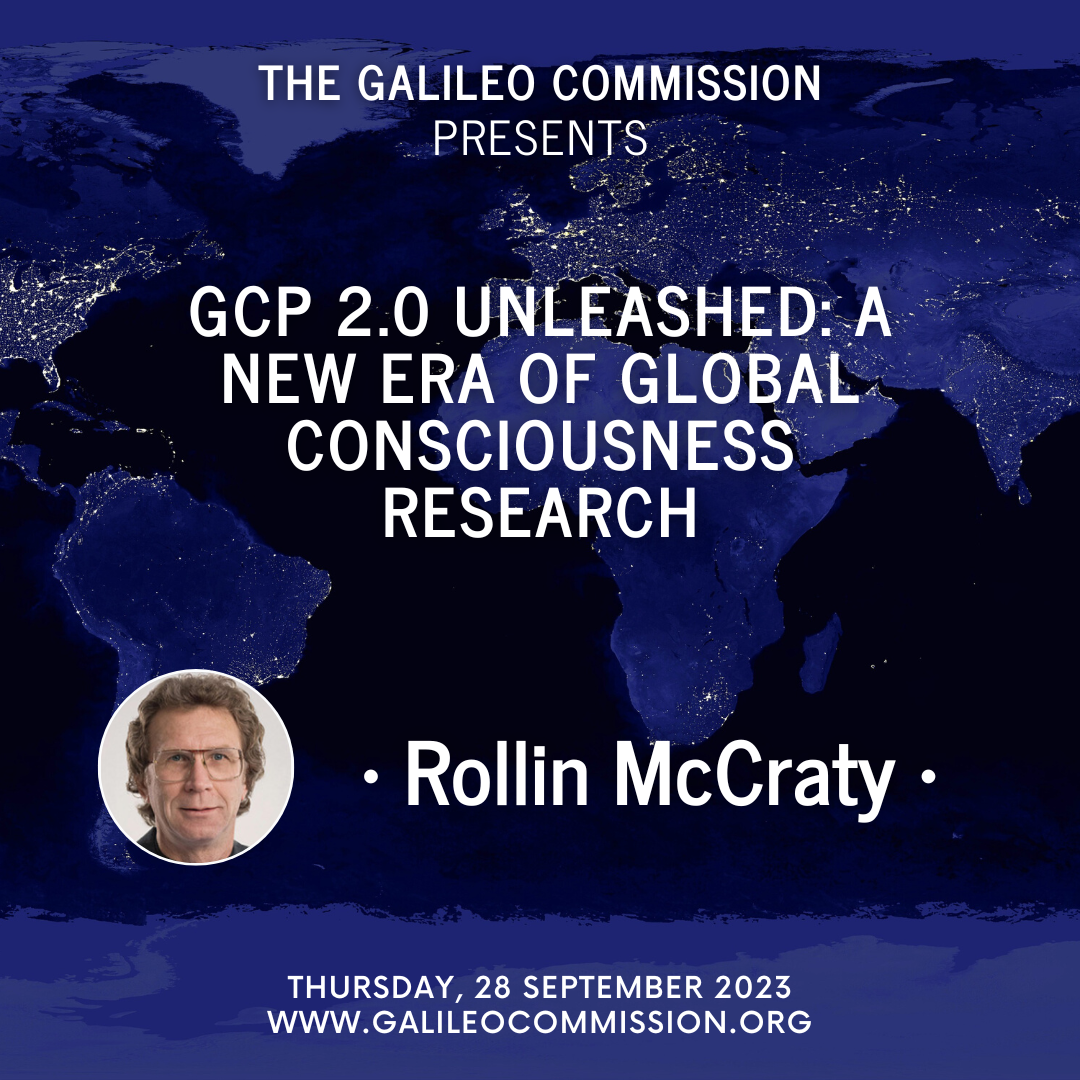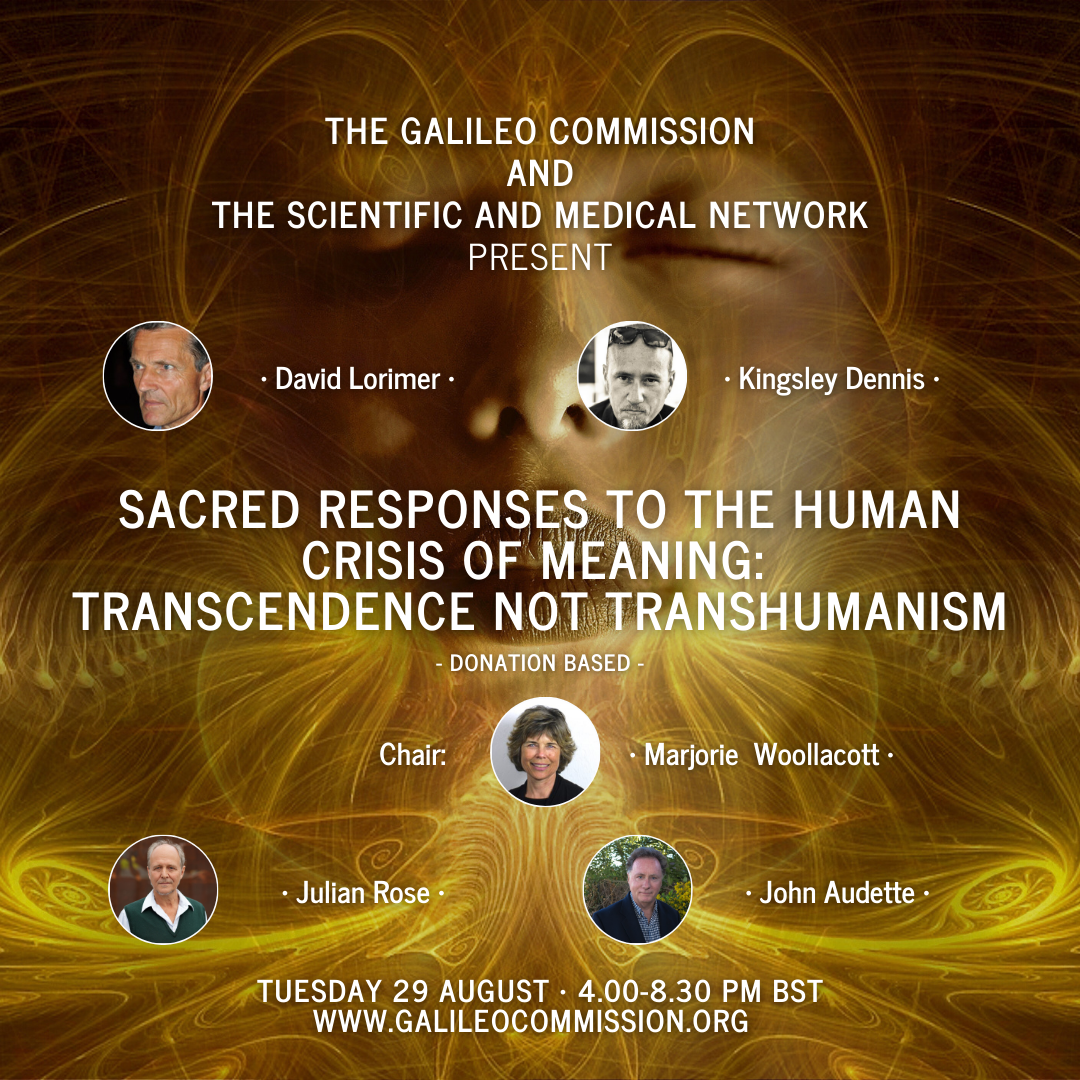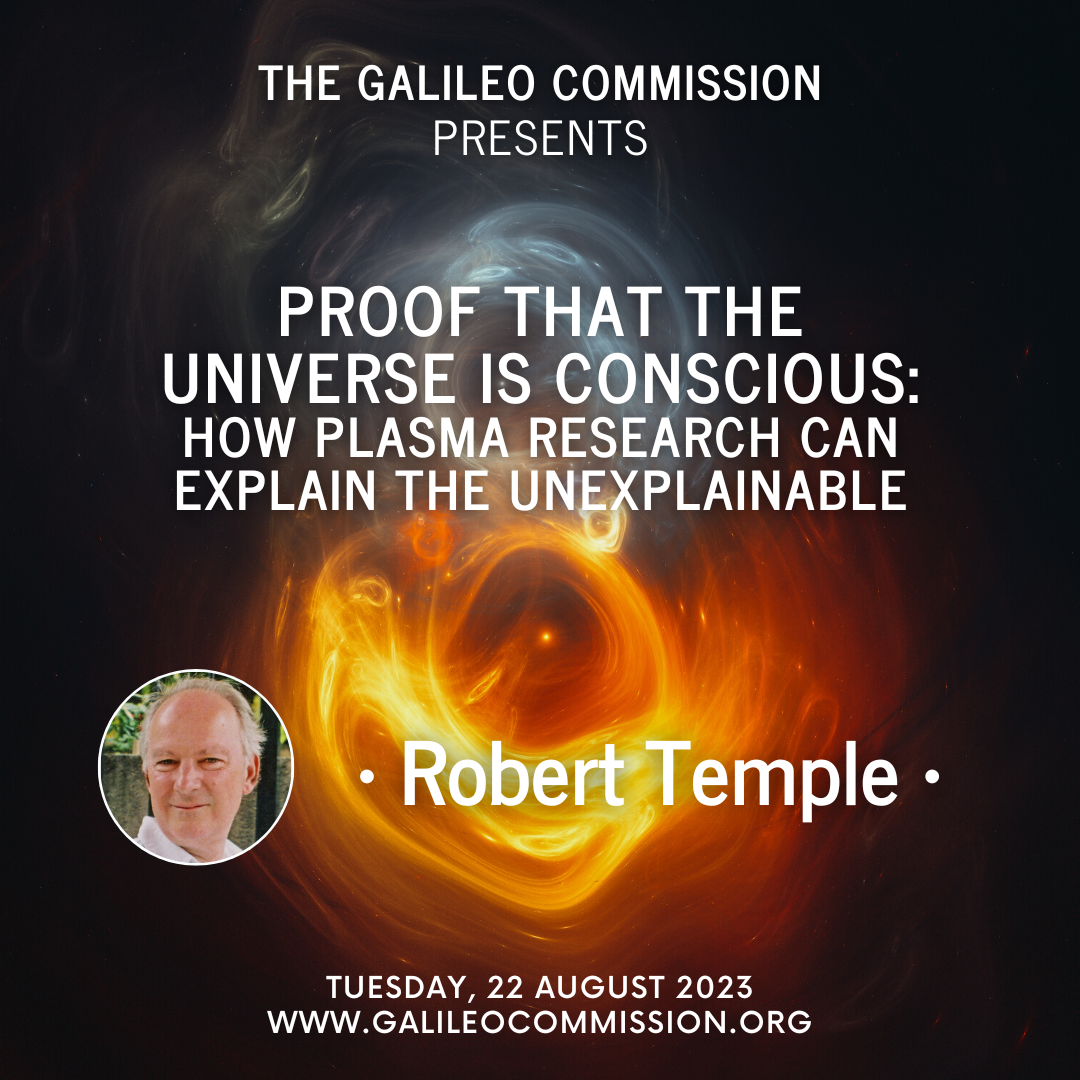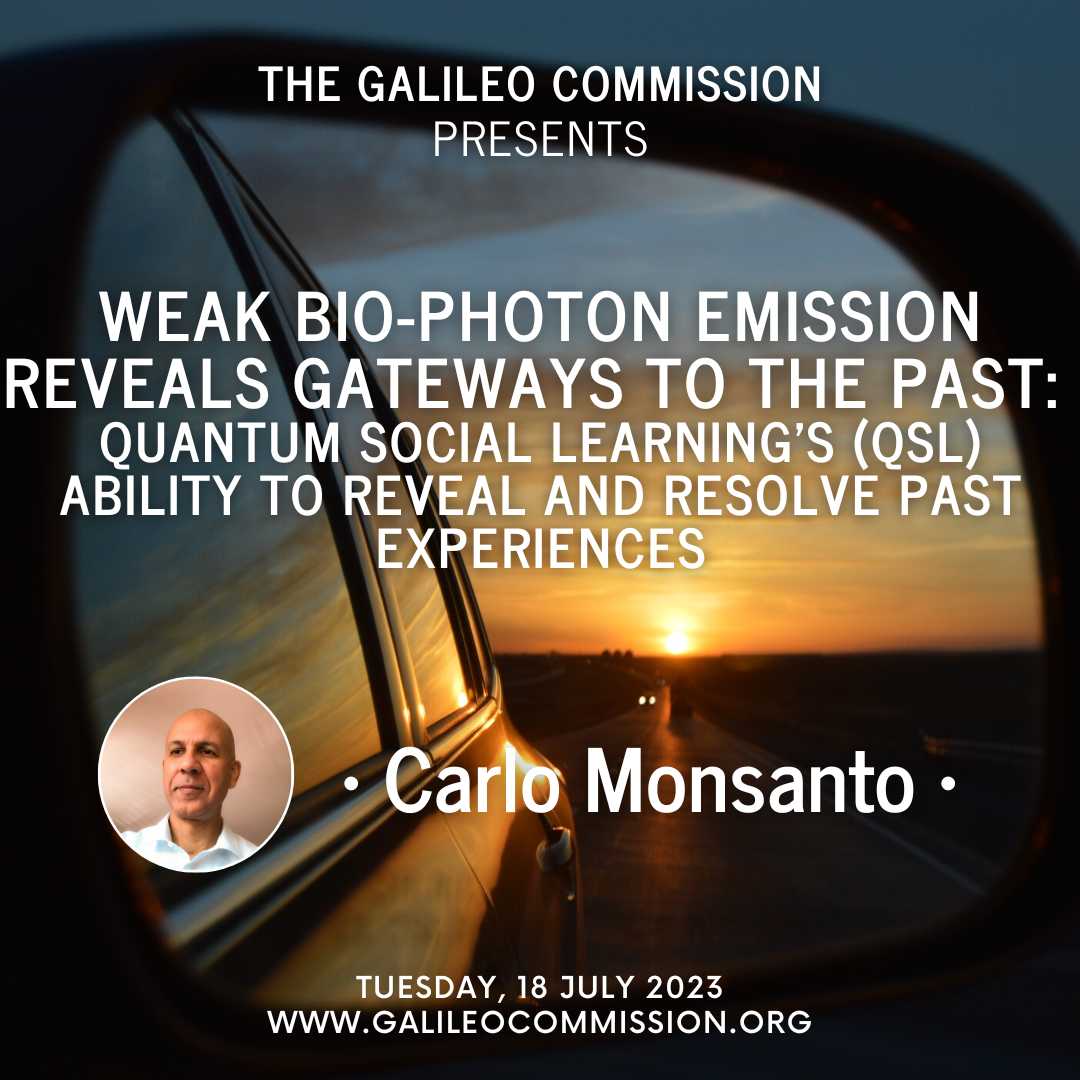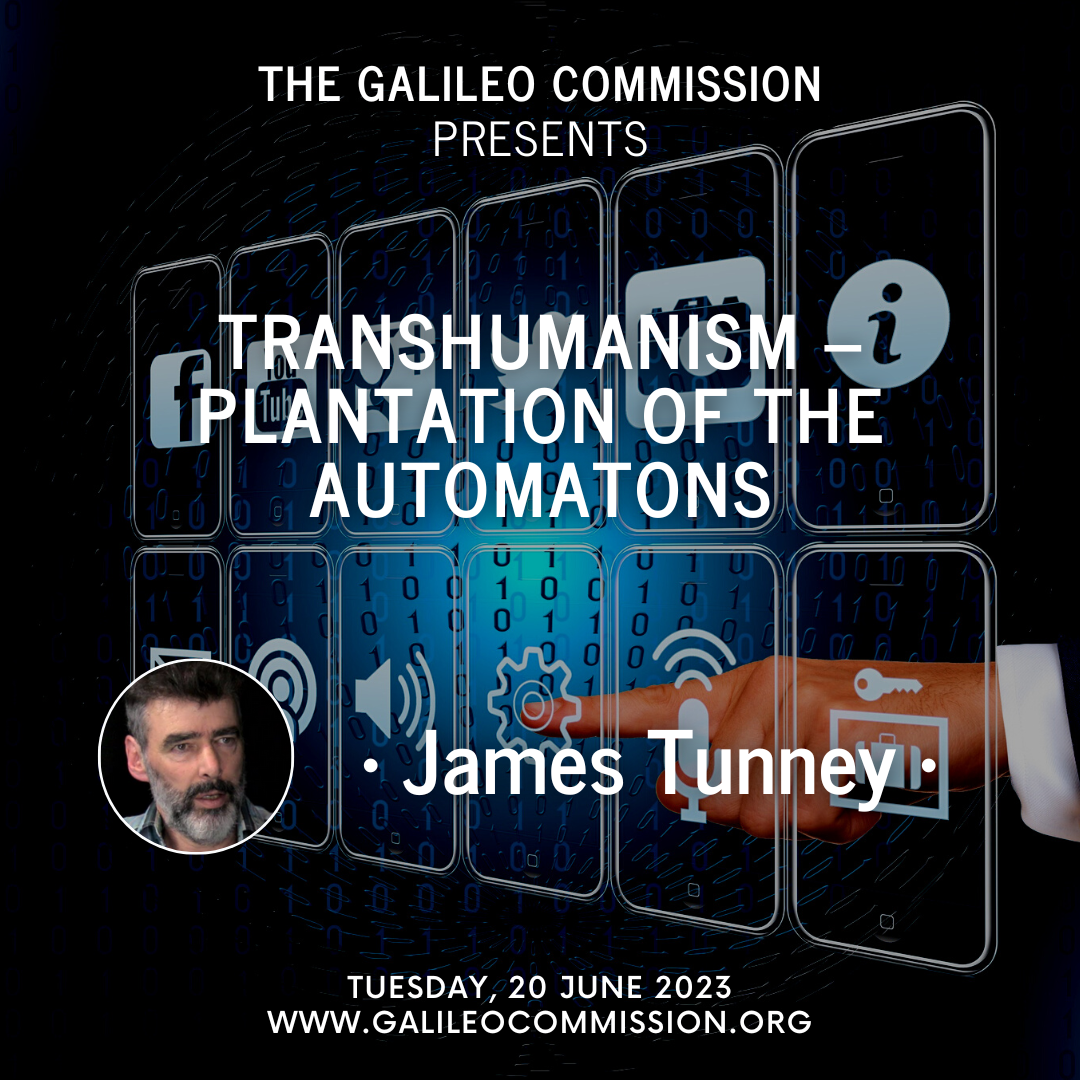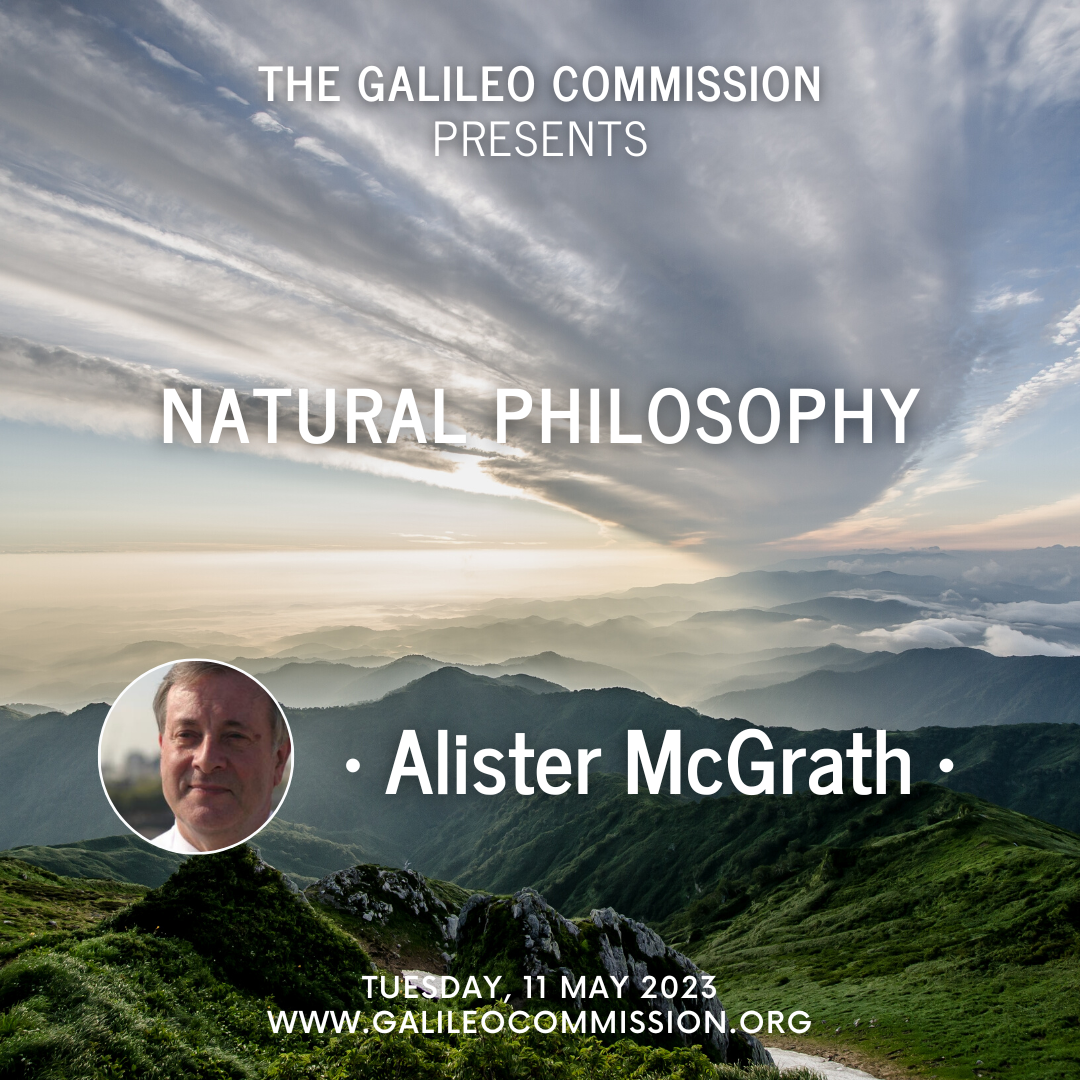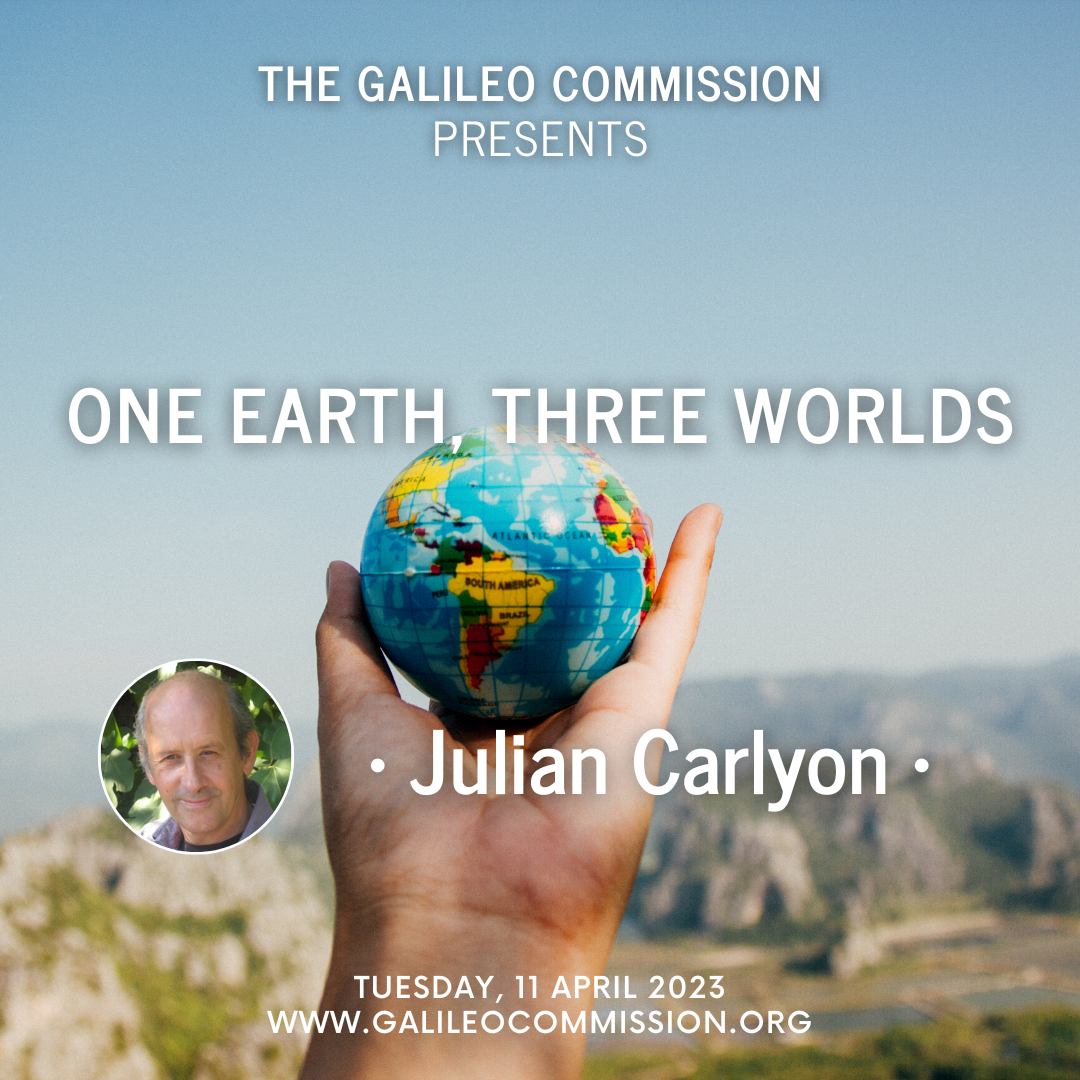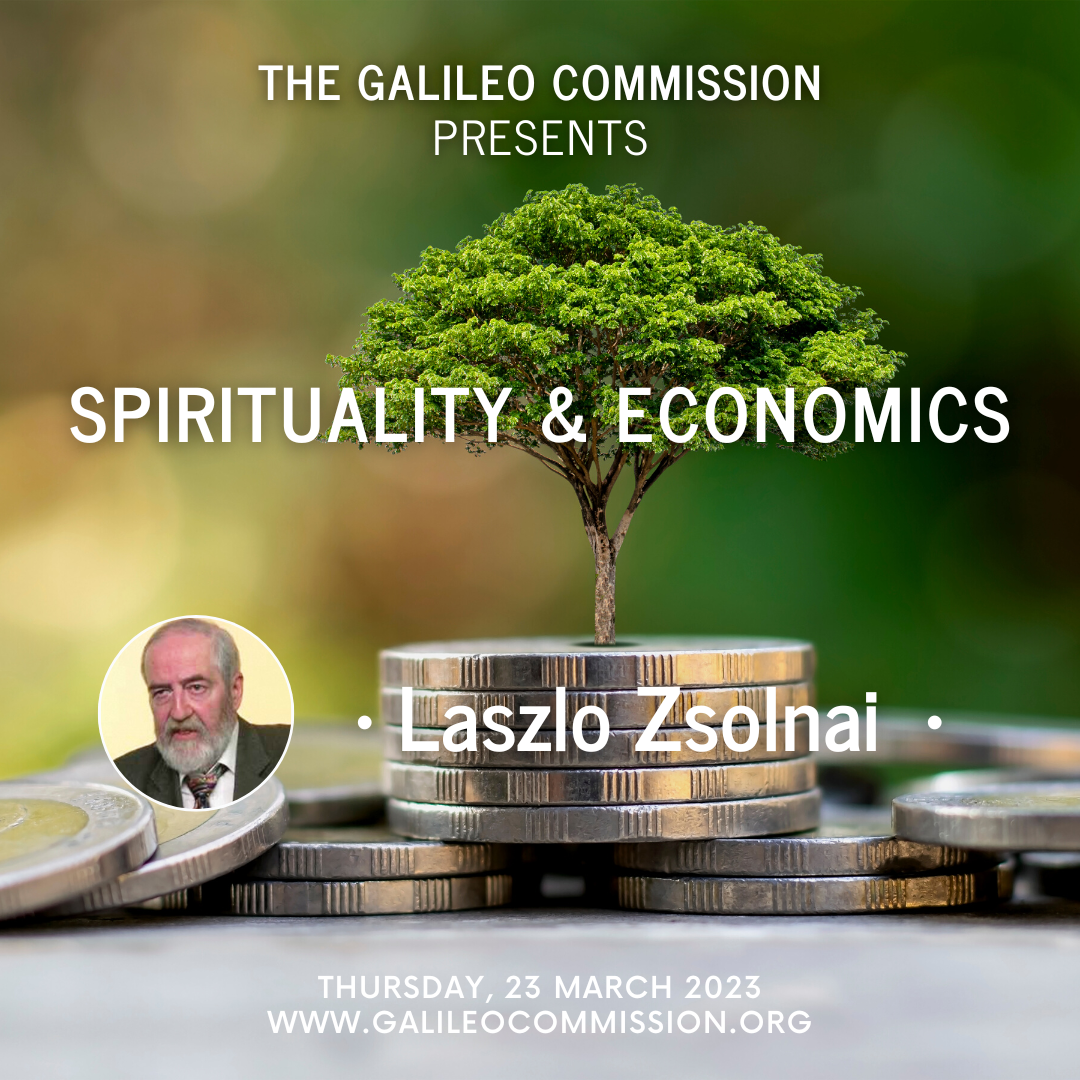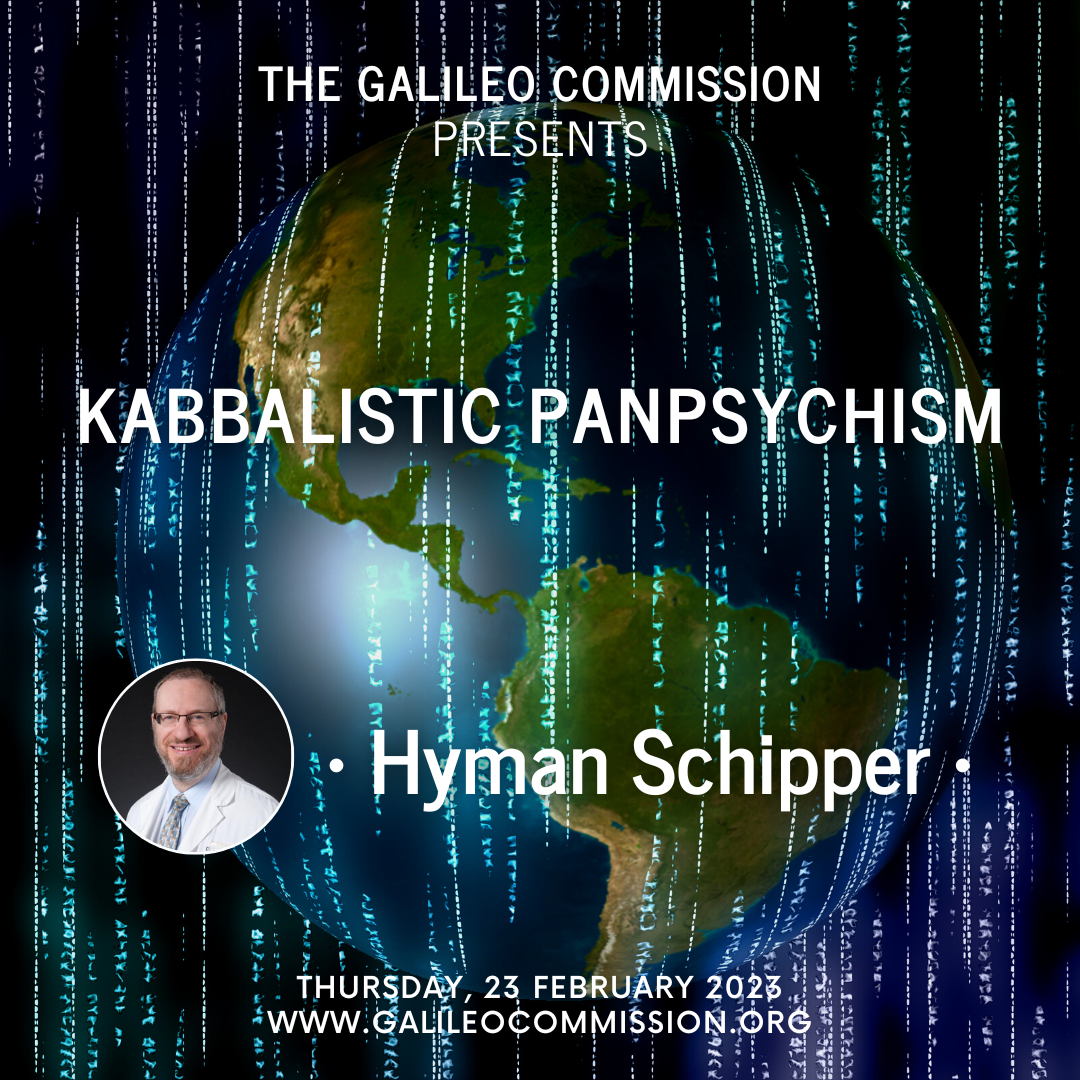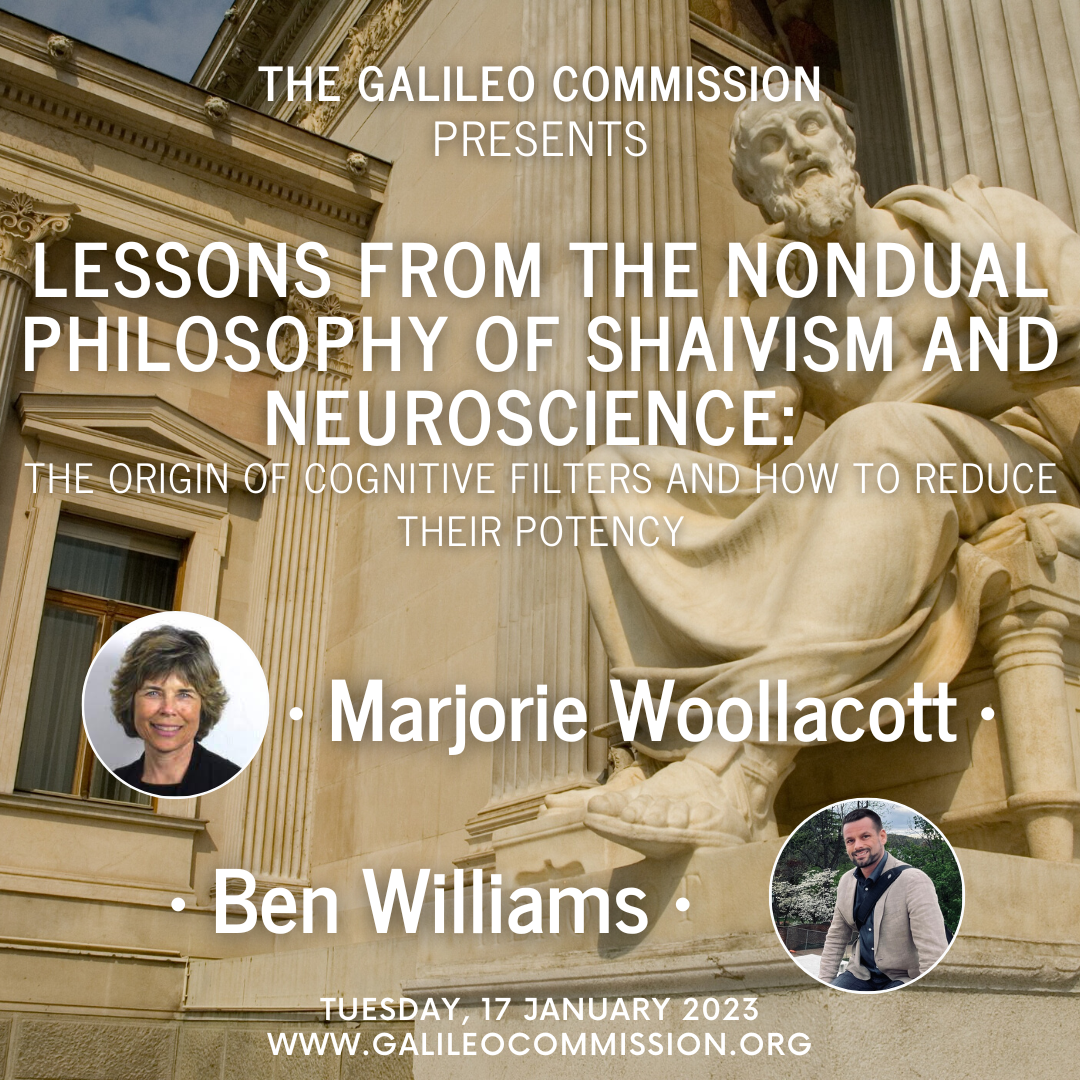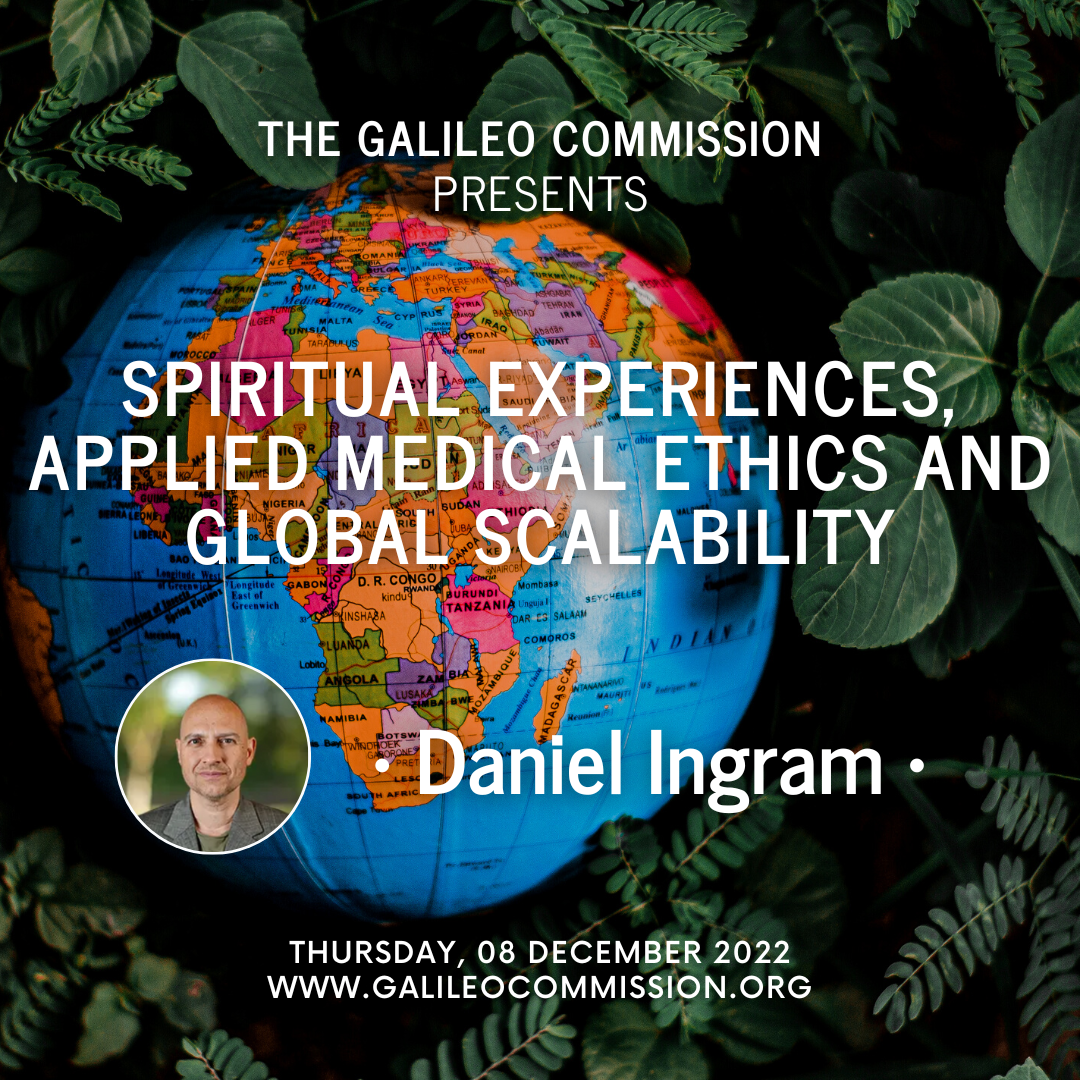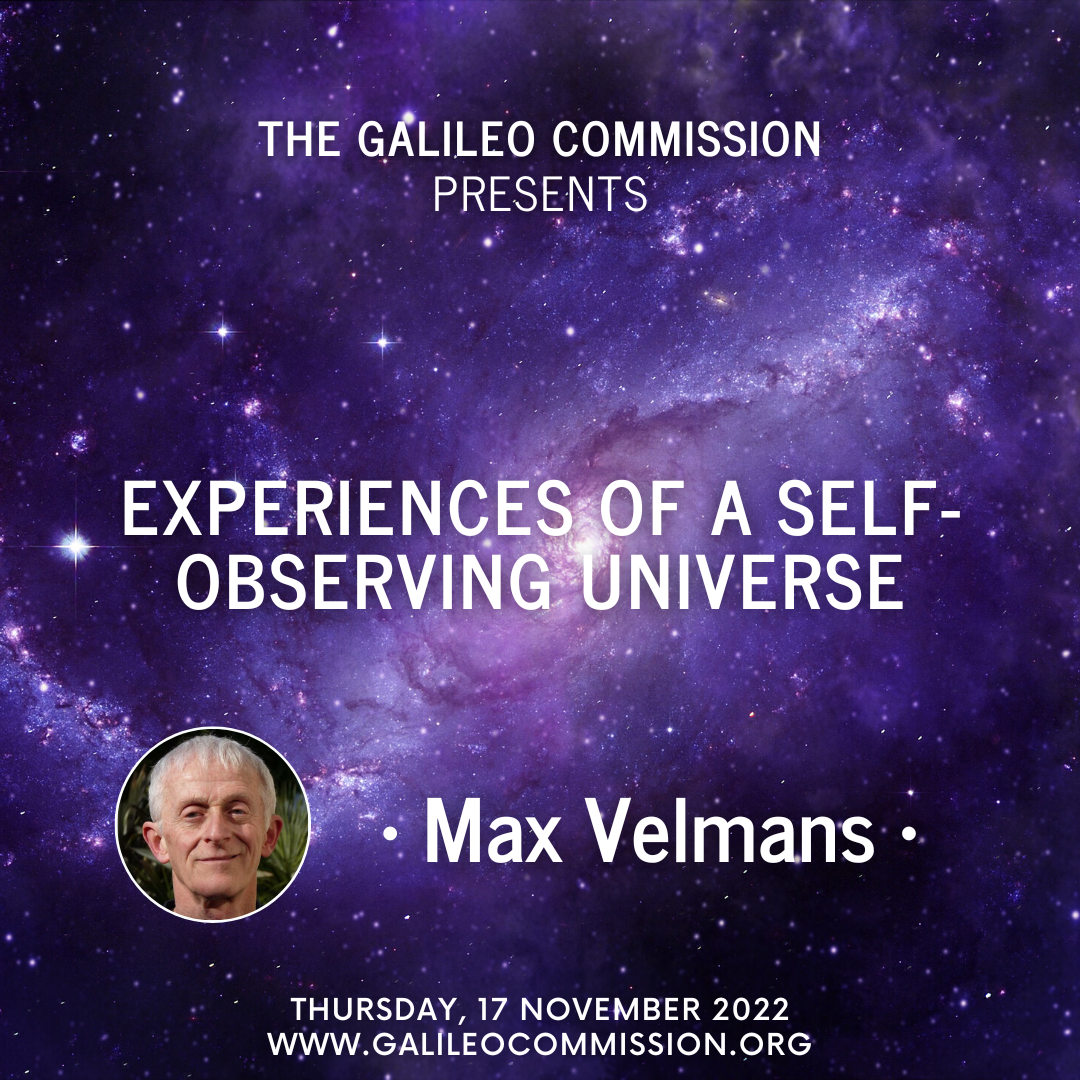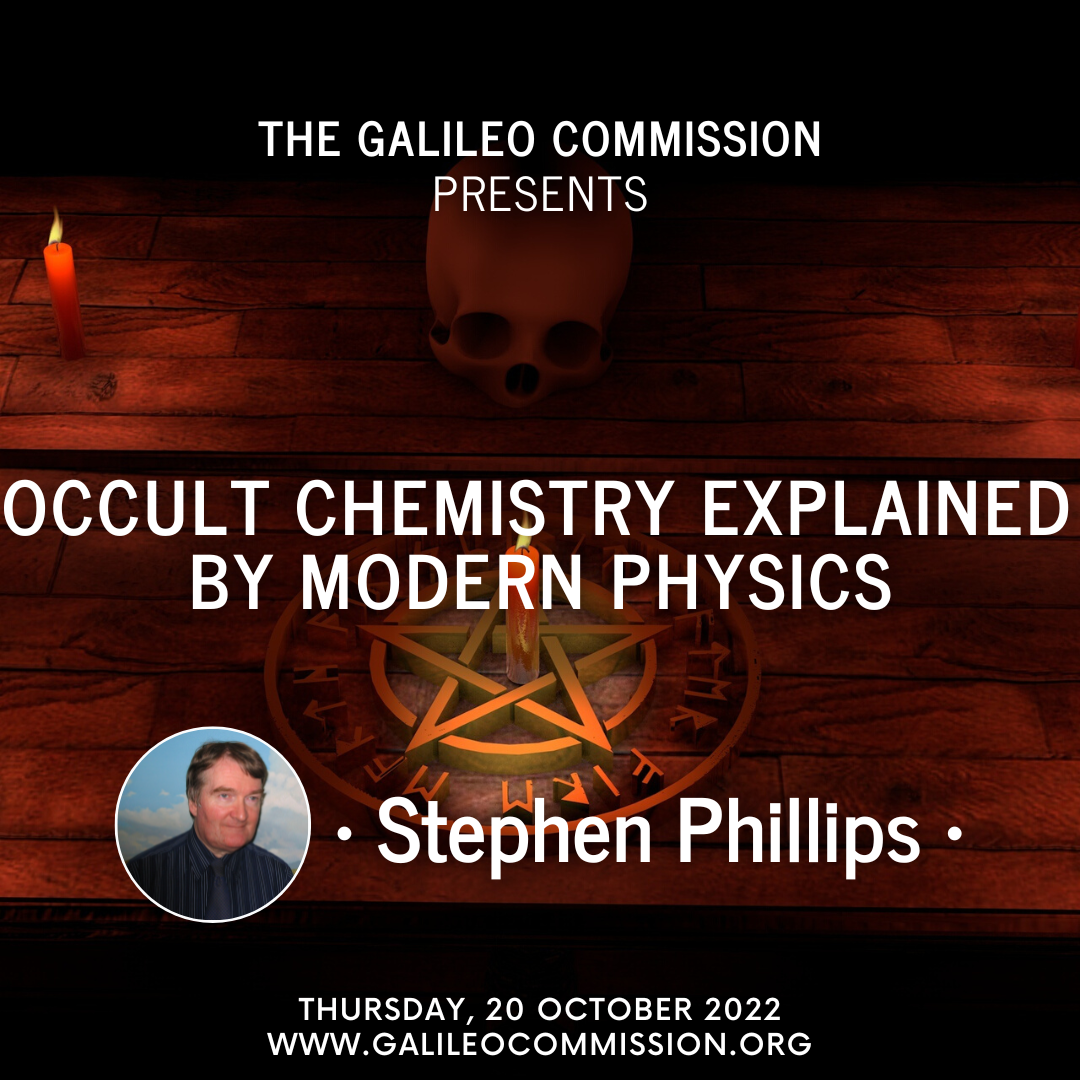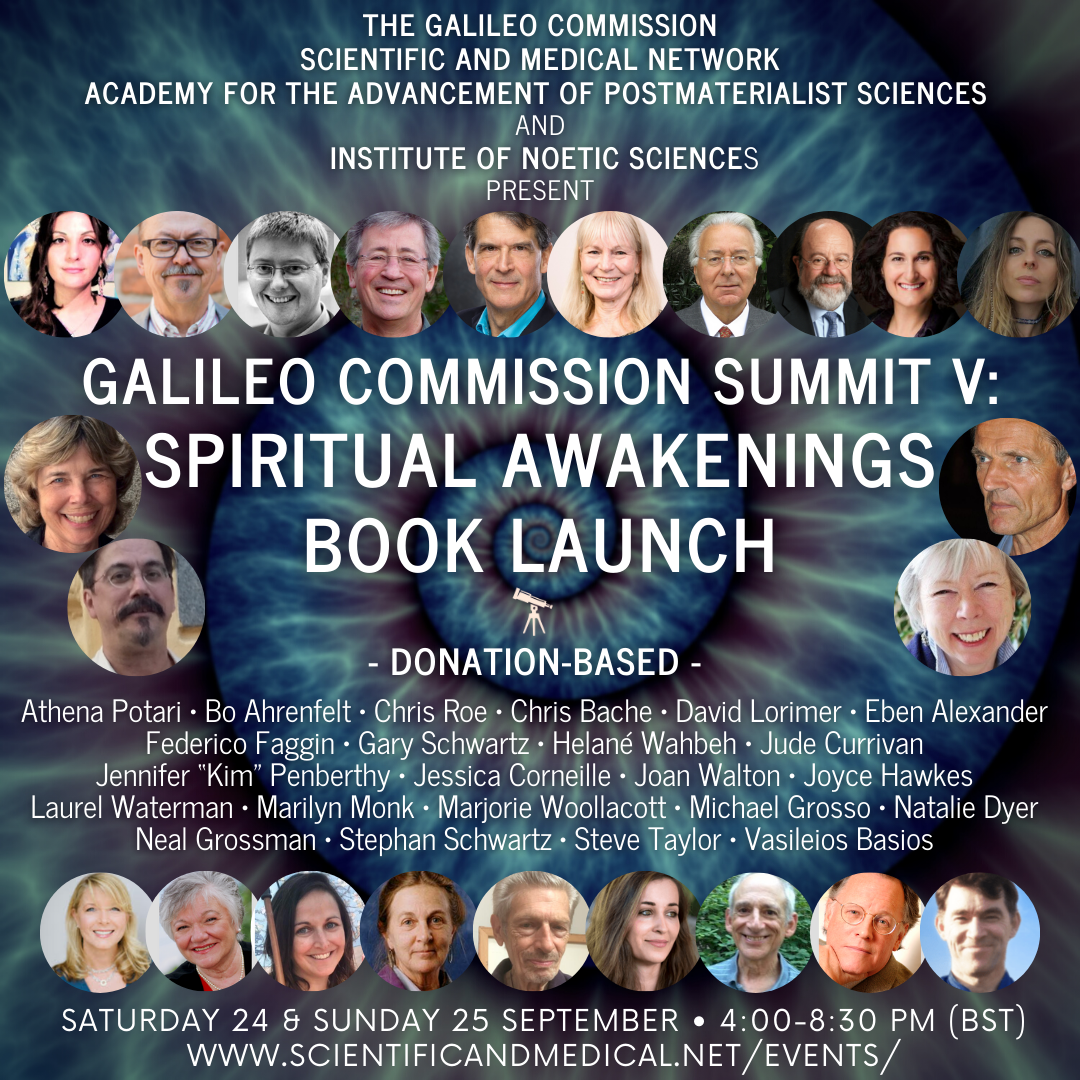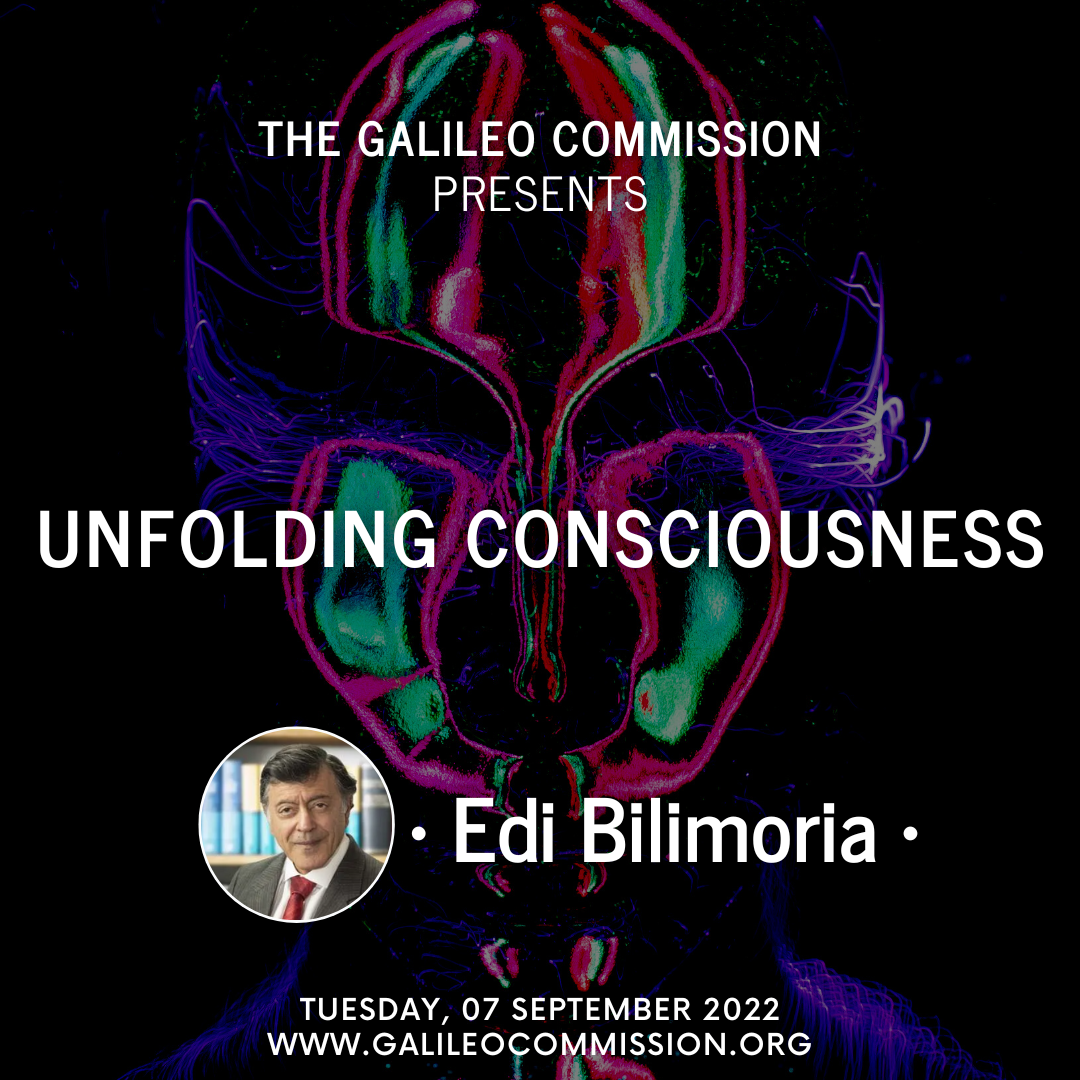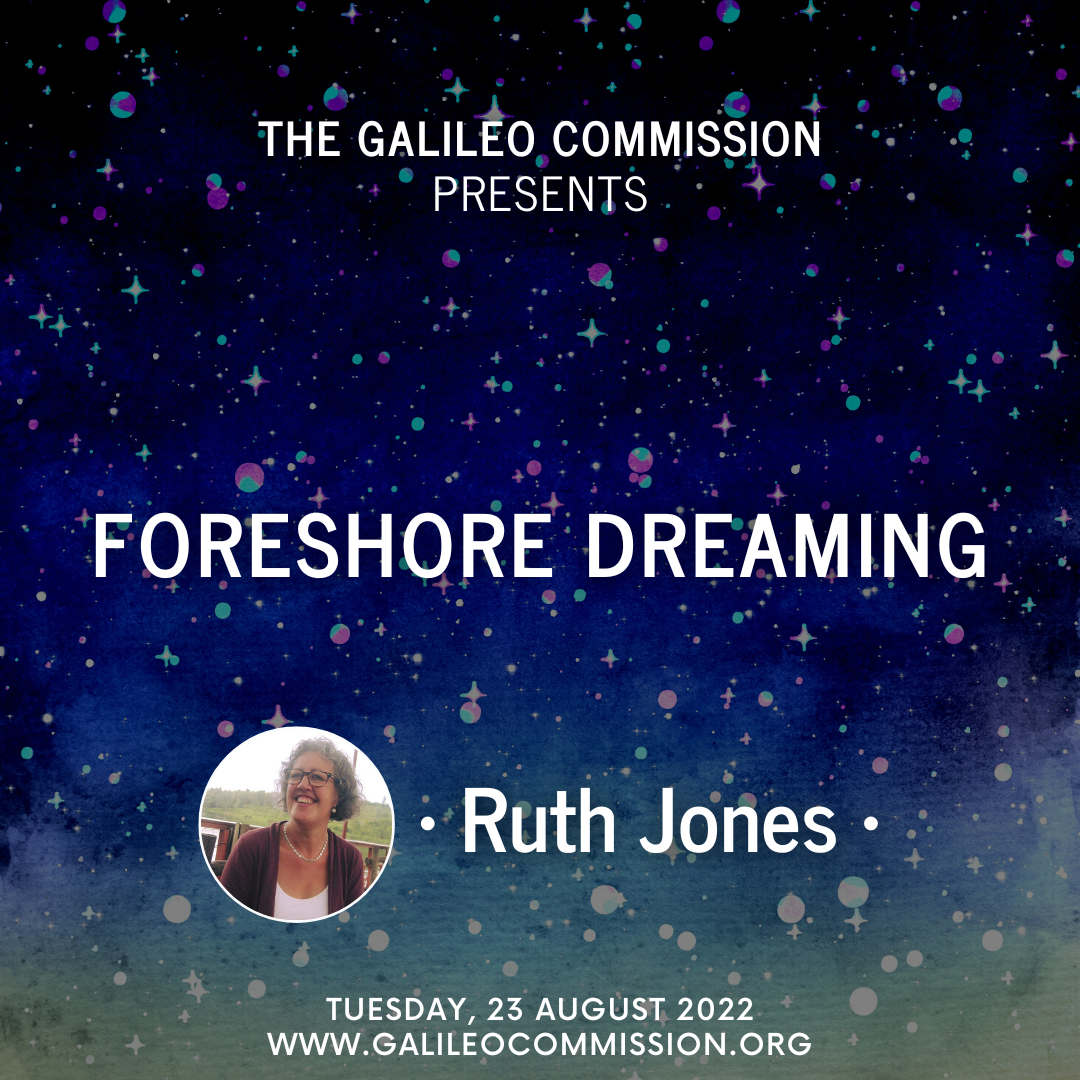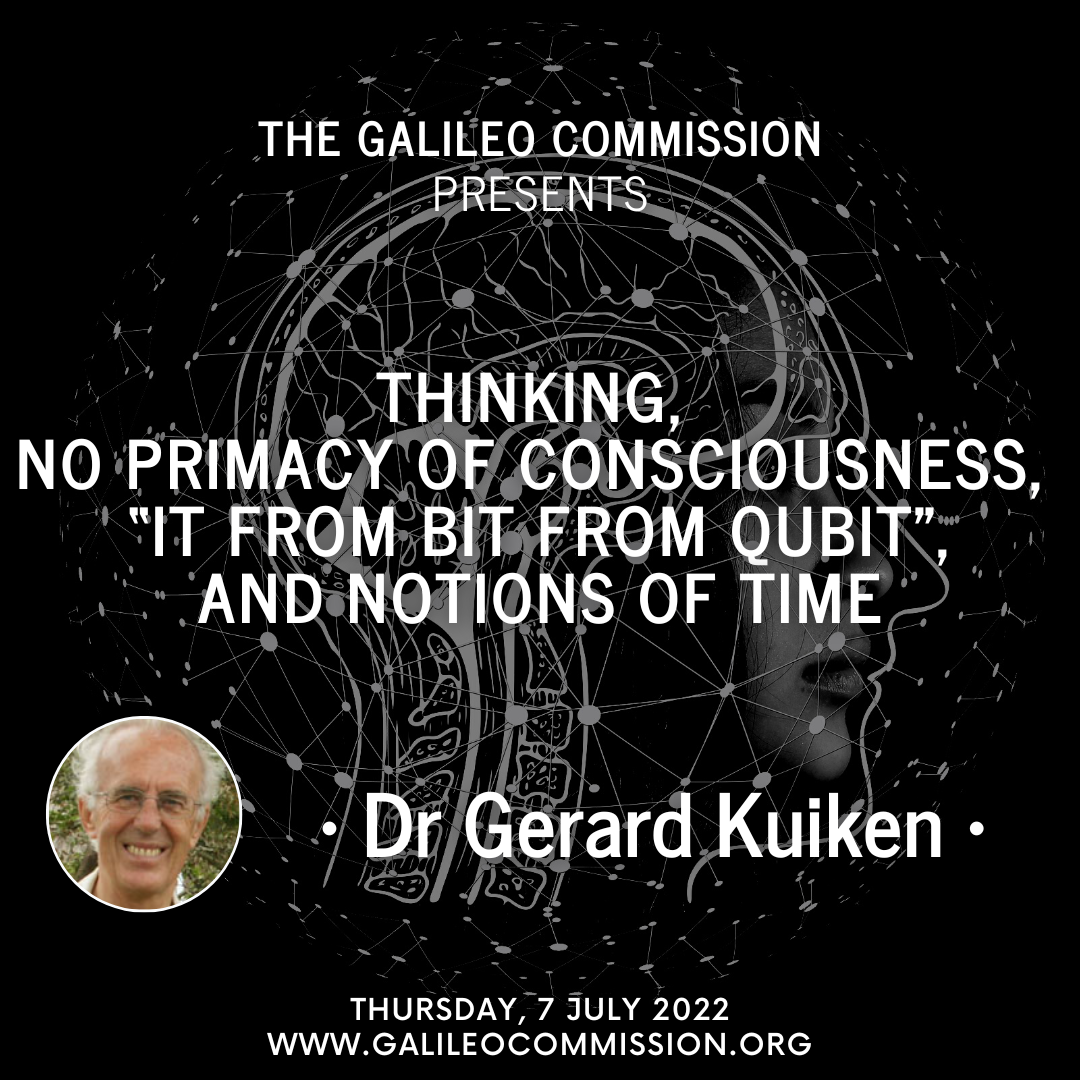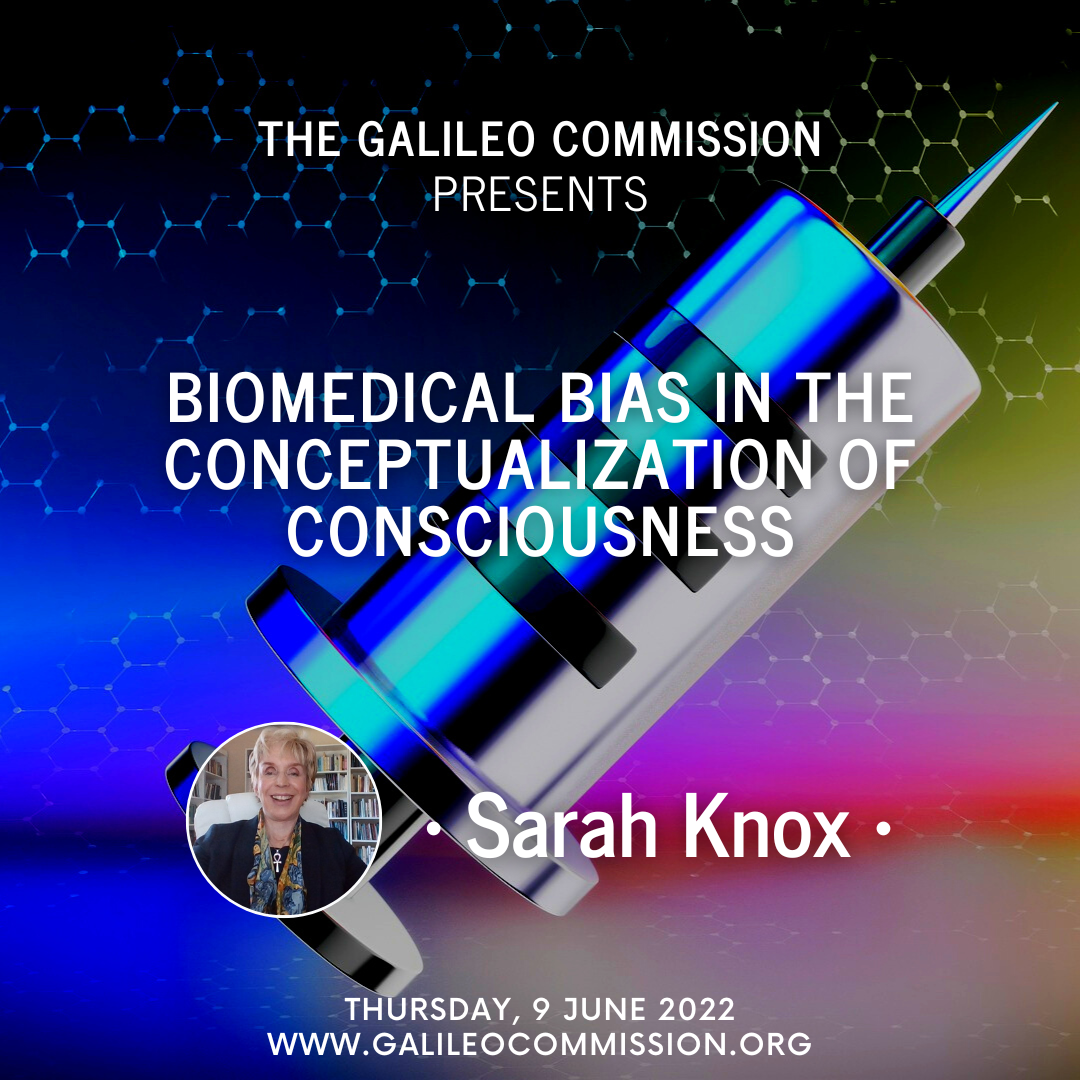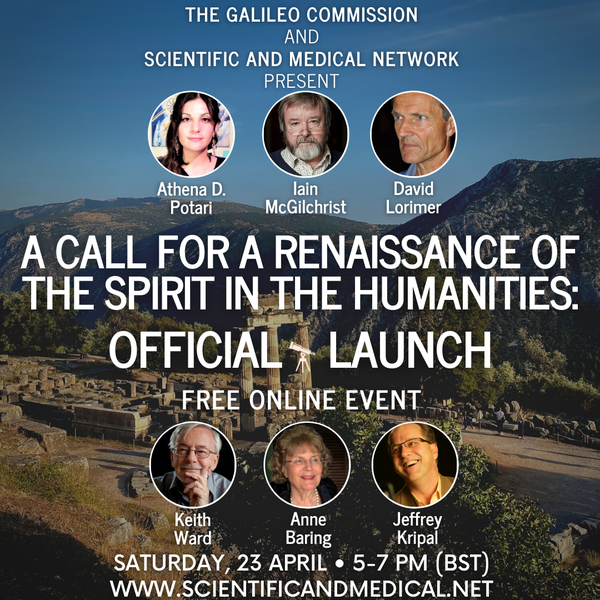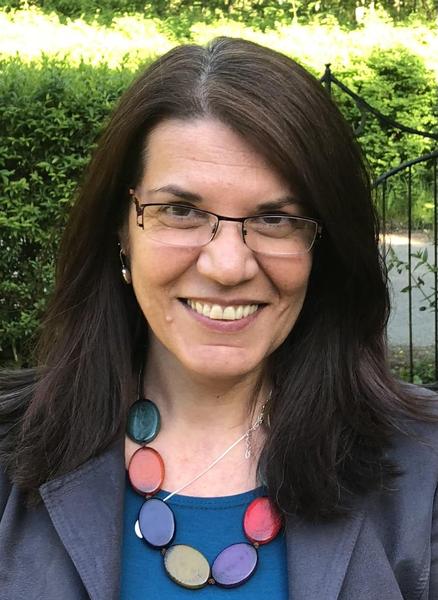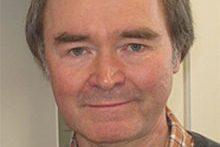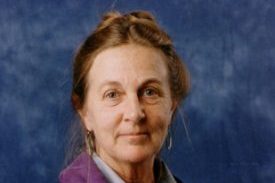Imaginal Inspirations with Douglas Grunther
Douglas Grunther is the creator/host of the Woodstock Roundtable, a rollicking--and multi award-winning--radio talk show spiced with humor and
Galileo Commission Summit XI: Book Launch Part II for The Playful Universe
Recordings CLICK HERE TO VIEW THE RECORDINGS Galileo Commission Summit XI Book Launch Part II for
Marjorie Woollacott on the MindThatEgo podcast
In this lucid synthesis, the pair explore the neural correlations between language, the sense of self, and expanded states of awareness — and how that relates to 10th century Kashmir philosopher Utpaladeva’s Stanzas on the Recognition of Shiva.
Imaginal Inspirations with Douglas Grunther
Douglas Grunther is the creator/host of the Woodstock Roundtable, a rollicking--and multi award-winning--radio talk show spiced with humor and
Galileo Commission Summit XI: Book Launch Part II for The Playful Universe
Recordings CLICK HERE TO VIEW THE RECORDINGS Galileo Commission Summit XI Book Launch Part II for
Marjorie Woollacott on the MindThatEgo podcast
In this lucid synthesis, the pair explore the neural correlations between language, the sense of self, and expanded states of awareness — and how that relates to 10th century Kashmir philosopher Utpaladeva’s Stanzas on the Recognition of Shiva.
Imaginal Inspirations with Douglas Grunther
Douglas Grunther is the creator/host of the Woodstock Roundtable, a rollicking--and multi award-winning--radio talk show spiced with humor and
Galileo Commission Summit XI: Book Launch Part II for The Playful Universe
Recordings CLICK HERE TO VIEW THE RECORDINGS Galileo Commission Summit XI Book Launch Part II for
Marjorie Woollacott on the MindThatEgo podcast
In this lucid synthesis, the pair explore the neural correlations between language, the sense of self, and expanded states of awareness — and how that relates to 10th century Kashmir philosopher Utpaladeva’s Stanzas on the Recognition of Shiva.
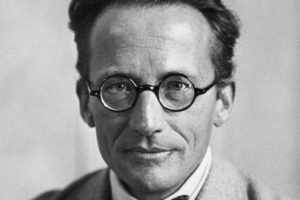
– Erwin Schrödinger
– Prof David Bohm
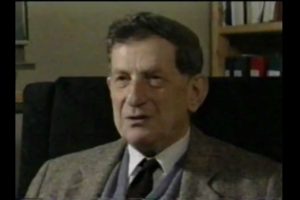

– Albert Einstein
Click on any event to view the recordings as well as event details
